Speech and Language Resources for Kids
Boost your child’s speech and language development with expert-designed home therapy resources. These engaging tools improve articulation, expand vocabulary, and enhance communication skills using speech therapy flashcards, conversation prompts, and interactive learning materials at home
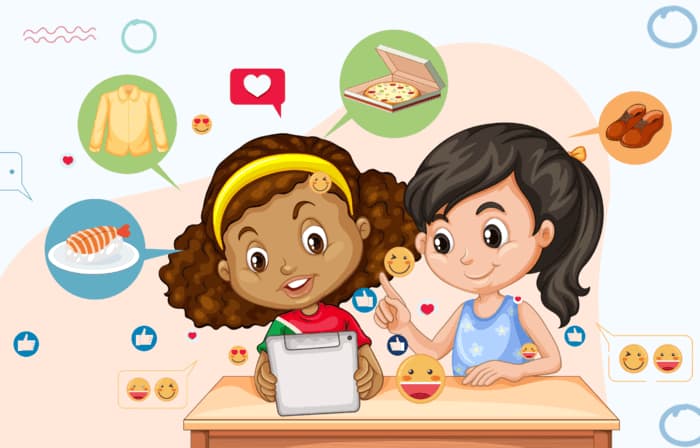
Explore the Best Speech and Language Resources for Kids Resources for Kids
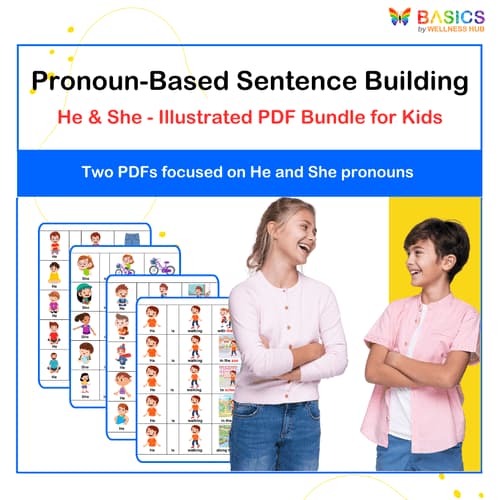
Pronoun-Based Sentence Building: He & She - Illustrated PDF Bundle for Kids
FREE
₹320
100% off
4.9 (48 ratings)
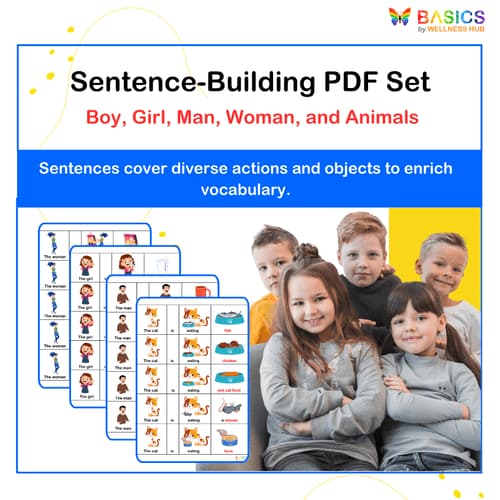
Sentence-Building PDF Set: Boy, Girl, Man, Woman, and Animals
₹ 240.00
₹ 480.00
50% off
4.8 (44 ratings)
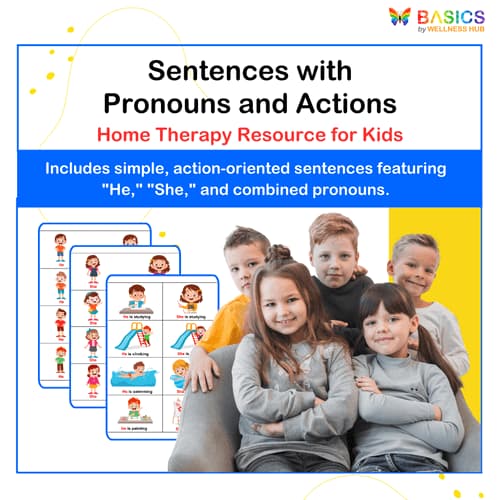
Sentences with Pronouns and Actions Home Therapy Resource for Kids
₹ 160.00
₹ 240.00
33% off
4.7 (58 ratings)
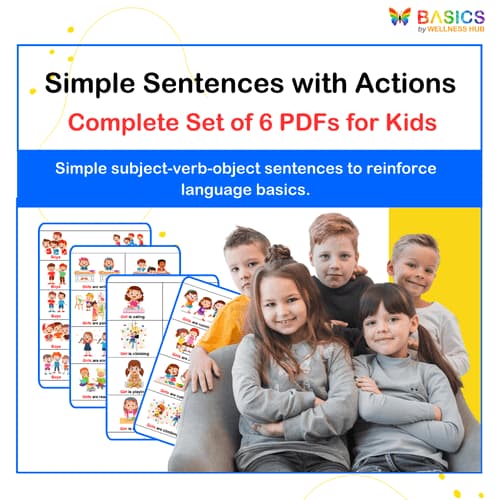
Simple Sentences with Actions: Complete Set of 6 PDFs for Kids
₹ 240.00
₹ 480.00
50% off
4.6 (54 ratings)
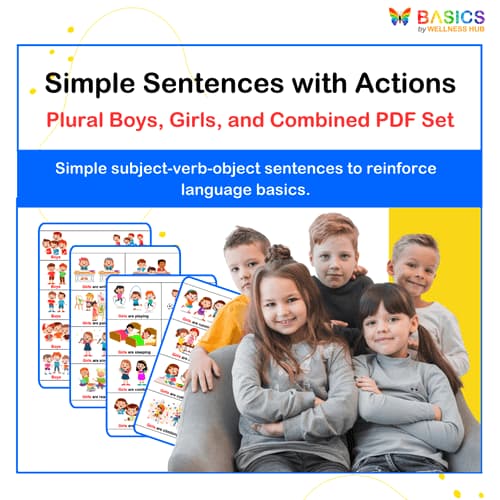
Simple Sentences with Actions: Plural Boys, Girls, and Combined PDF Set
₹ 160.00
₹ 320.00
50% off
4.9 (50 ratings)
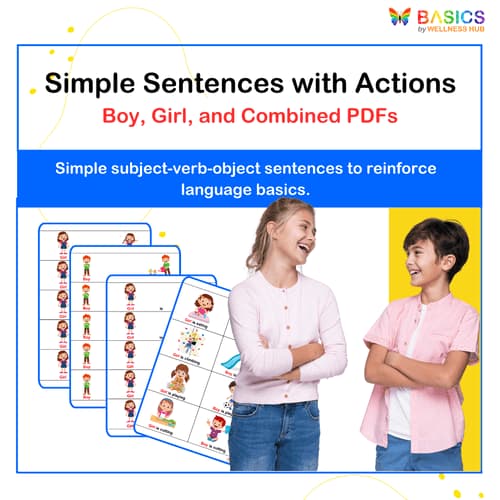
Simple Sentences with Actions: Boy, Girl, and Combined PDFs
₹ 160.00
₹ 320.00
50% off
4.8 (46 ratings)
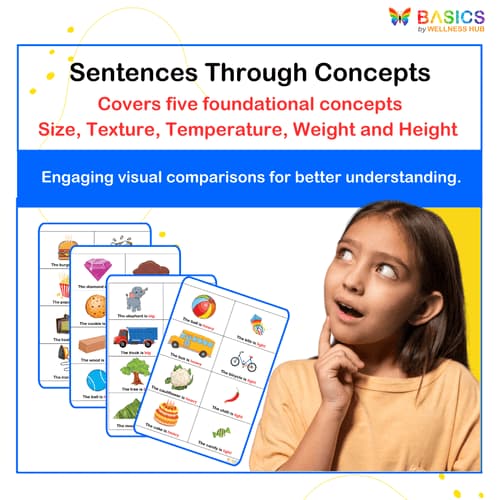
Learning Sentences Through Concepts: Illustrated PDFs for Kids
₹ 160.00
₹ 320.00
50% off
4.7 (42 ratings)
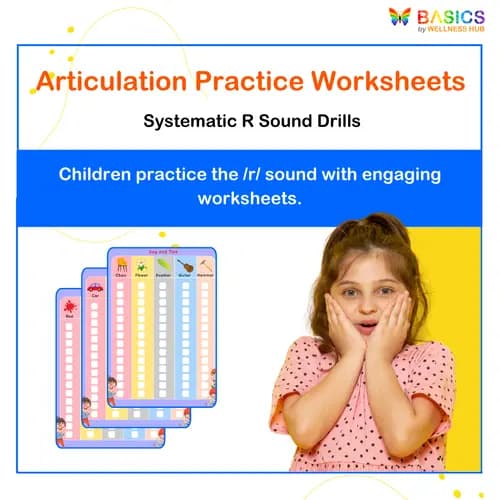
Articulation Drill Worksheets for /r/ Sound – Printable PDF
₹ 80.00
₹ 160.00
50% off
5.0 (56 ratings)
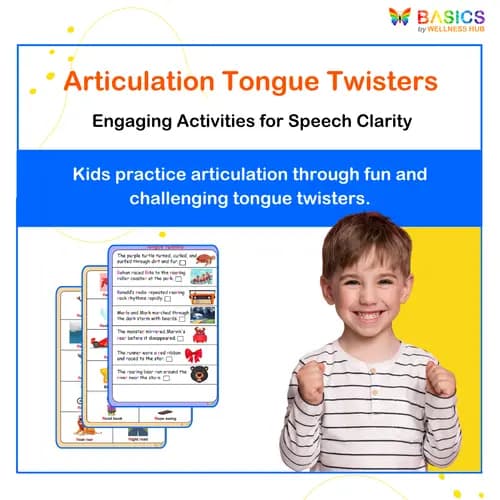
Tongue Twisters for /r/ Sound: Fun Articulation Practice PDF
₹ 80.00
₹ 160.00
50% off
4.8 (48 ratings)
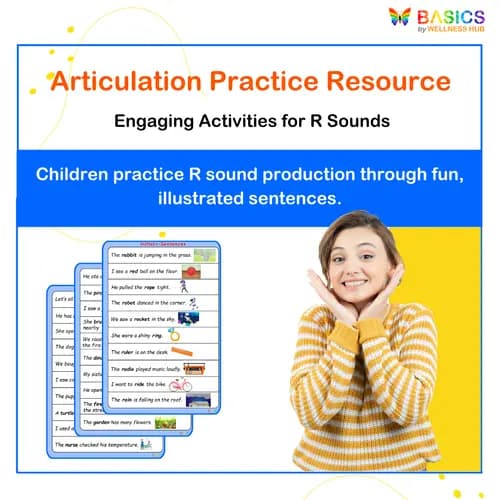
Articulation Practice for /R/ Sound: Engaging Sentences PDF
₹ 80.00
₹ 160.00
50% off
4.9 (52 ratings)
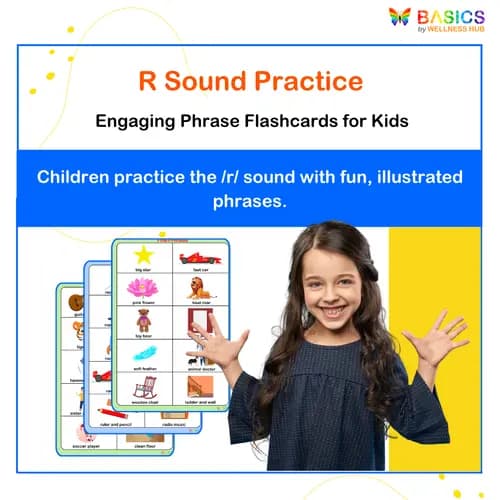
R Sound Phrase Flashcards – Printable PDF for Speech Therapy
₹ 80.00
₹ 160.00
50% off
5.0 (56 ratings)
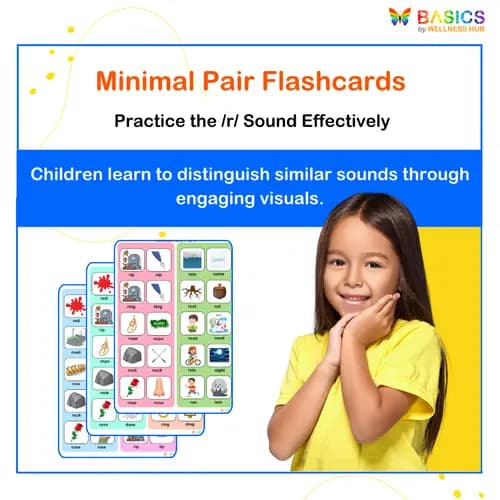
Minimal Pair Flashcards for /r/ Sound Practice: R vs L, N, W, D
₹ 80.00
₹ 160.00
50% off
4.8 (48 ratings)
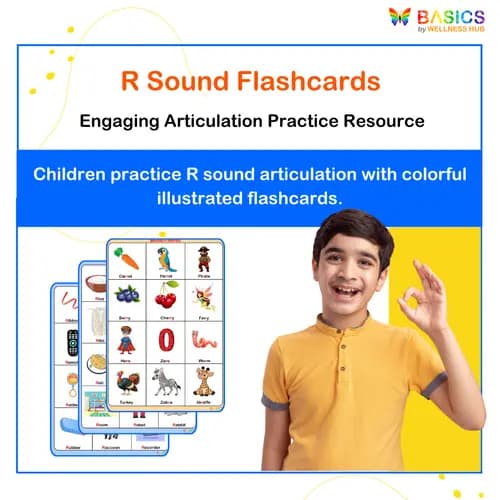
R Sound Flashcards: Articulation Practice for Kids
₹ 80.00
₹ 160.00
50% off
4.9 (52 ratings)
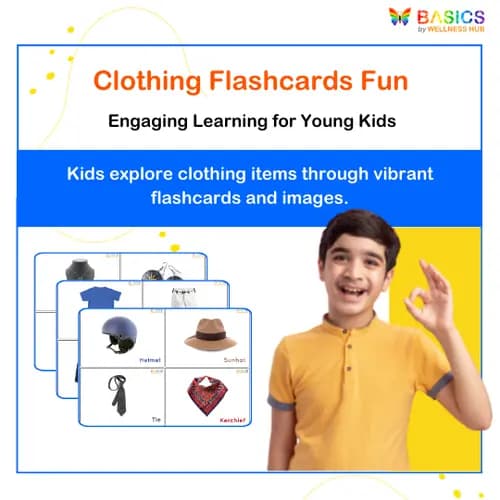
Clothing and Accessories Flashcards for Kids – Printable PDF
₹ 80.00
₹ 160.00
50% off
4.9 (58 ratings)
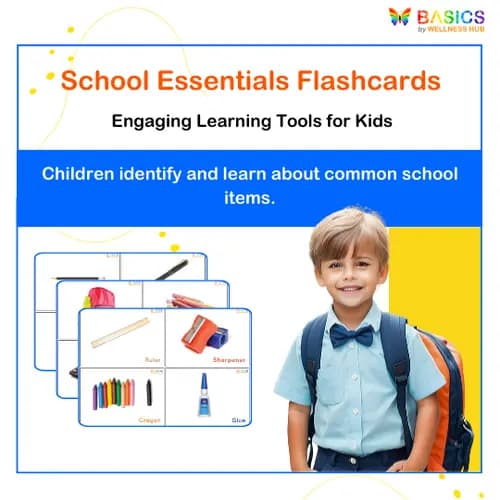
School Essentials Flashcards for Kids – Printable PDF
₹ 80.00
₹ 160.00
50% off
4.6 (46 ratings)
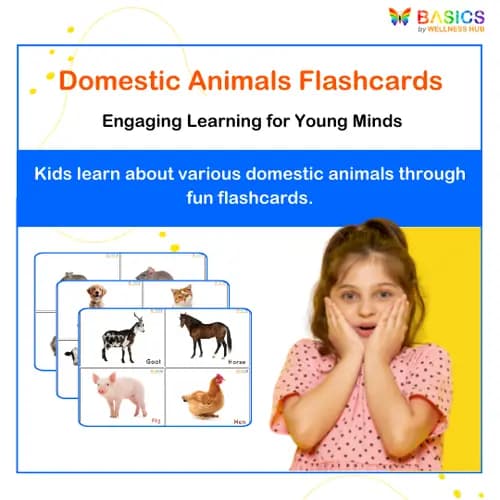
Domestic Animals Flashcards for Kids – Printable PDF
₹ 80.00
₹ 160.00
50% off
4.8 (44 ratings)
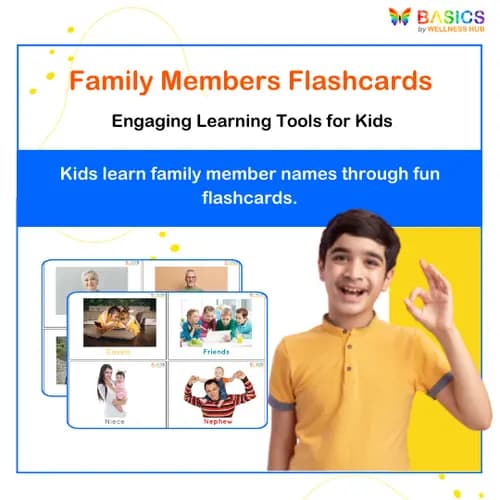
Family Members Flashcards for Kids – Free Printable PDF
FREE
₹160
100% off
4.7 (58 ratings)
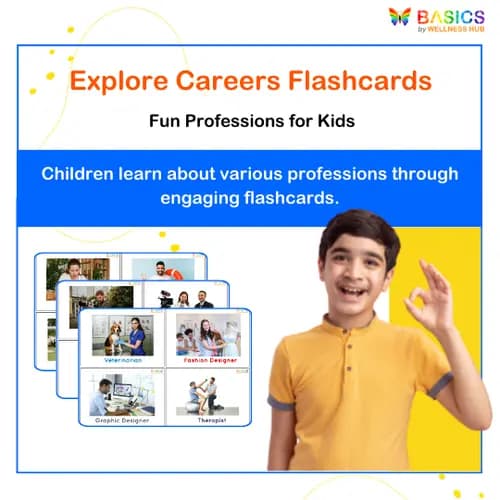
Professions Flashcards for Kids – Explore Careers Printable PDF
₹ 80.00
₹ 160.00
50% off
4.6 (54 ratings)
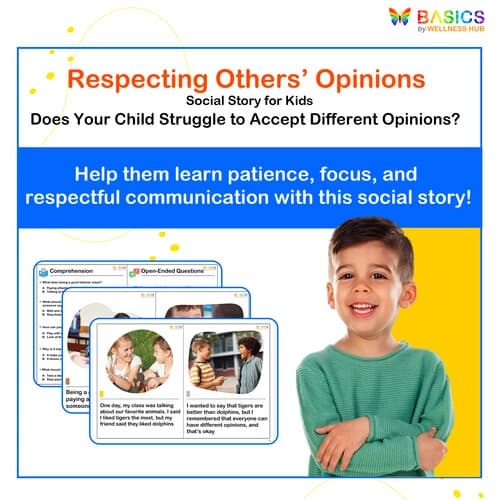
Respecting Others’ Opinions – Free Social Story for Kids
₹ 80.00
₹ 160.00
50% off
4.8 (46 ratings)
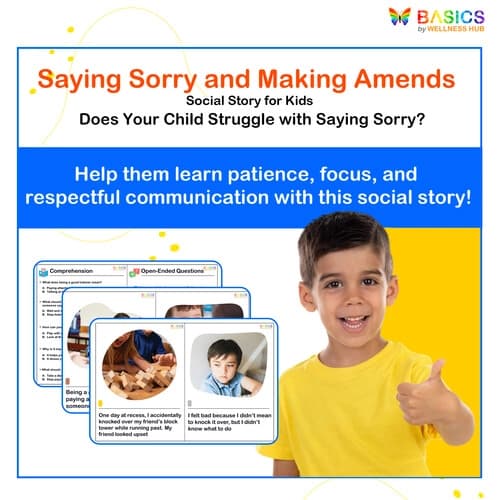
Saying Sorry and Making Amends – Social Story for Kids
₹ 80.00
₹ 160.00
50% off
5.0 (42 ratings)
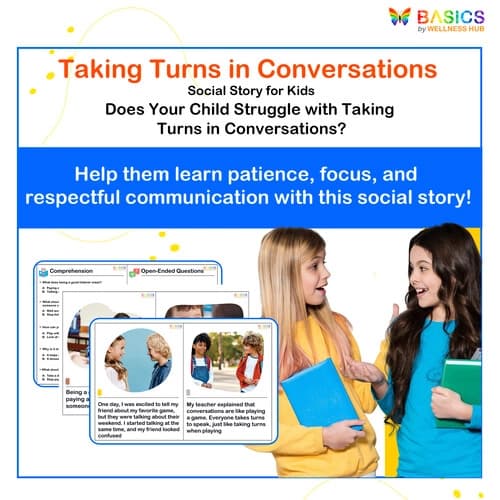
Taking Turns in Conversations – Social Story for Kids
₹ 80.00
₹ 160.00
50% off
4.9 (60 ratings)
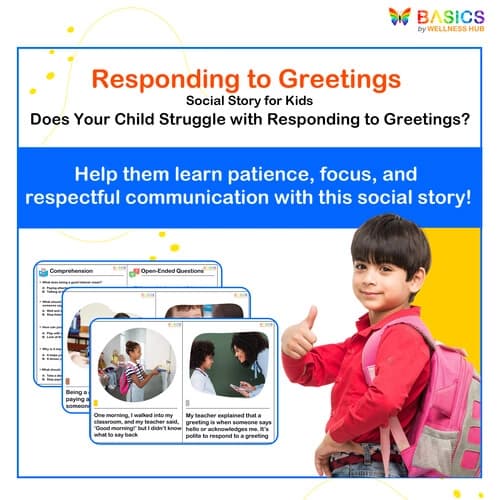
Responding to Greetings – Social Story for Kids
₹ 80.00
₹ 160.00
50% off
4.8 (56 ratings)
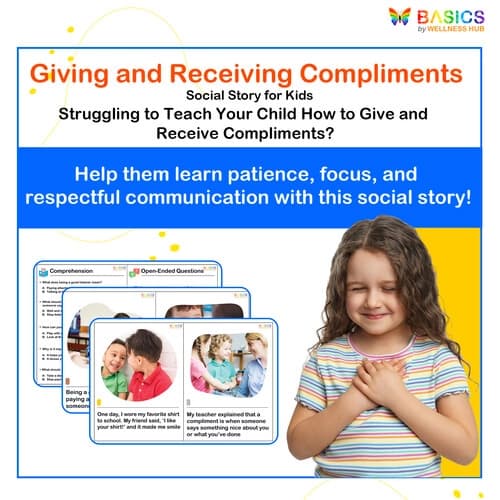
Giving and Receiving Compliments – Social Story for Kids
₹ 80.00
₹ 160.00
50% off
5.0 (52 ratings)
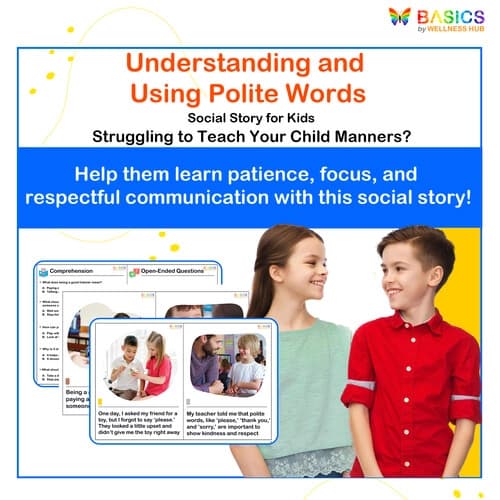
Understanding and Using Polite Words – Social Story for Kids
₹ 80.00
₹ 160.00
50% off
4.9 (48 ratings)
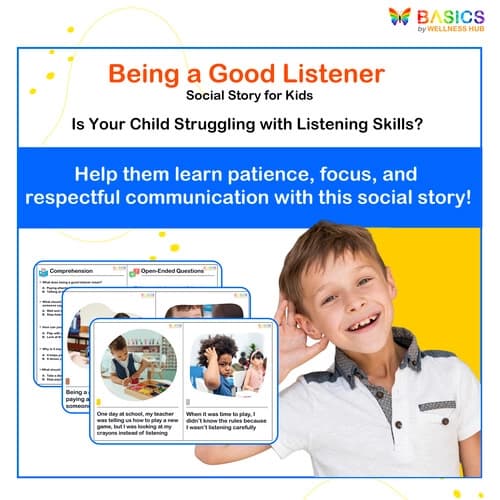
Being a Good Listener – Social Story for Kids’ Communication Skills
₹ 80.00
₹ 160.00
50% off
4.8 (44 ratings)
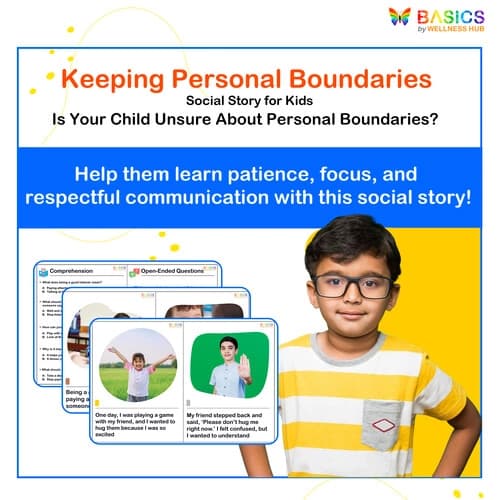
Keeping Personal Boundaries – Free Social Story for Kids’ Personal Space
FREE
₹160
100% off
5.0 (58 ratings)
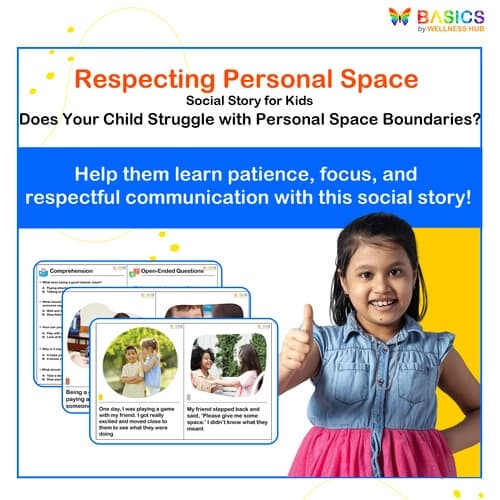
Respecting Personal Space – Social Story for Kids’ Personal Boundaries
₹ 80.00
₹ 160.00
50% off
4.9 (54 ratings)
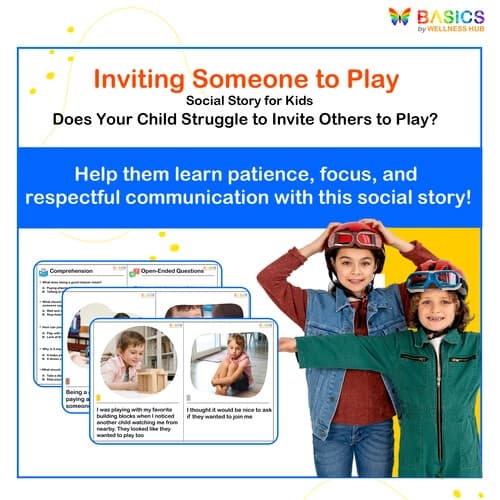
Inviting Someone to Play – Social Story for Kids’ Social Skills
₹ 80.00
₹ 160.00
50% off
4.8 (50 ratings)
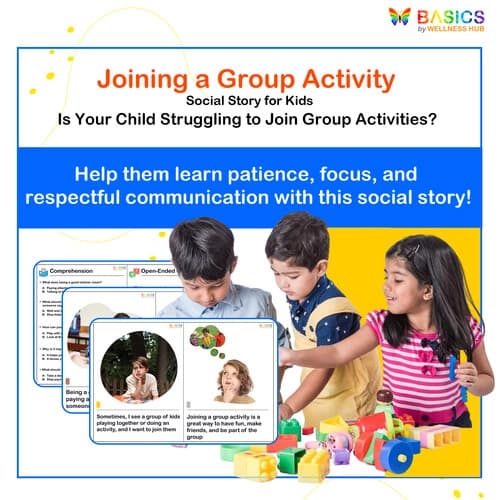
Joining a Group Activity – Social Story for Kids’ Social Confidence
₹ 80.00
₹ 160.00
50% off
5.0 (46 ratings)
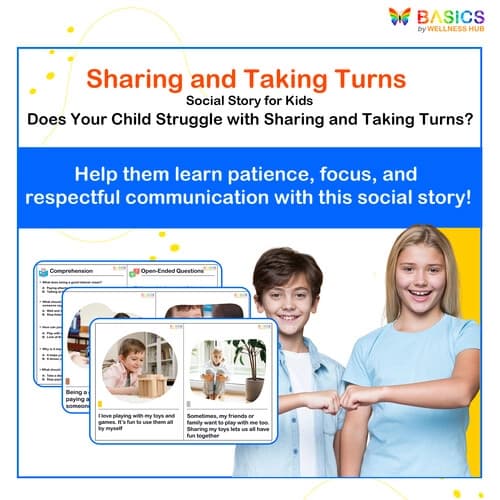
Sharing and Taking Turns – Social Story for Kids’ Social Skills
₹ 80.00
₹ 160.00
50% off
4.9 (42 ratings)
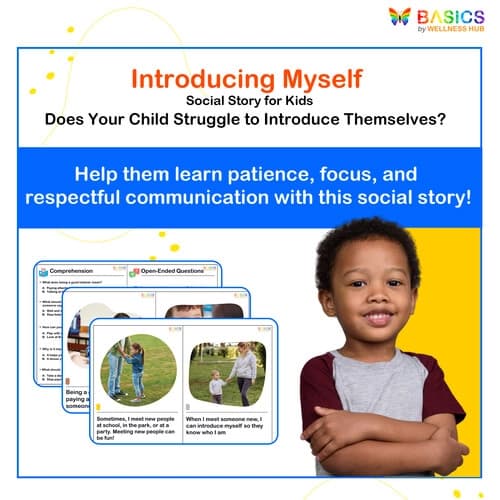
Introducing Myself – Free Social Story for Kids’ Communication Skills
₹ 80.00
₹ 160.00
50% off
4.8 (60 ratings)
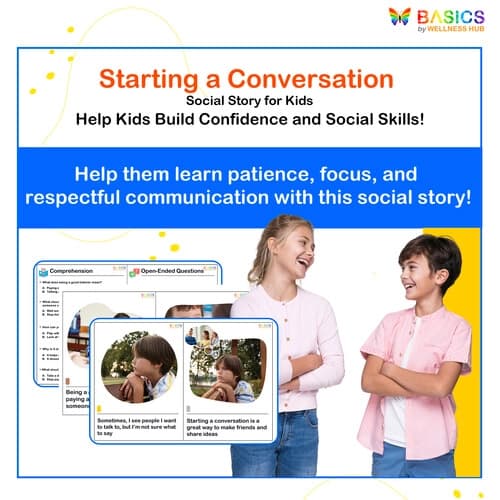
Starting Conversations – Social Story for Kids' Communication Skills
₹ 80.00
₹ 160.00
50% off
5.0 (56 ratings)
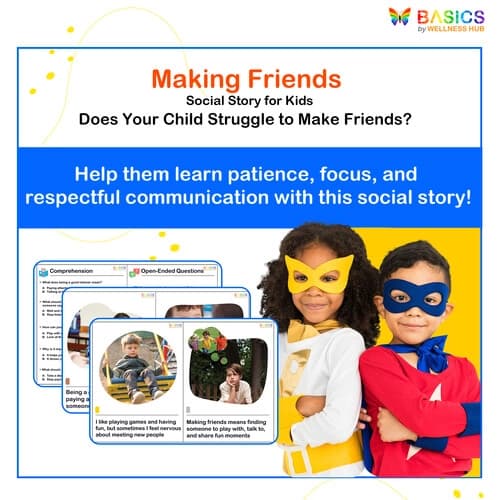
Making Friends – Social Story for Building Social Skills
₹ 80.00
₹ 160.00
50% off
4.9 (52 ratings)
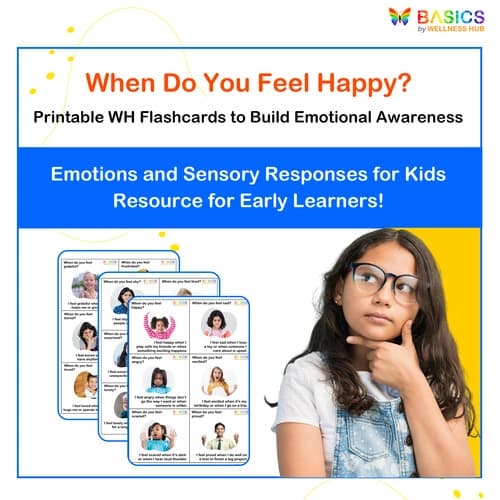
When Questions Flashcards – Emotions and Sensory Responses for Kids (Printable PDF)
₹ 80.00
₹ 160.00
50% off
5.0 (44 ratings)
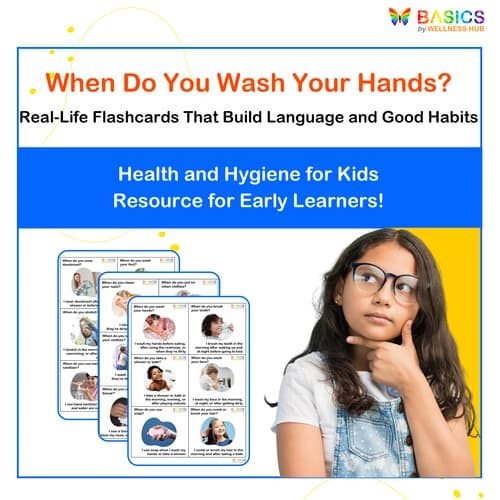
When Questions Flashcards – Health and Hygiene for Kids (Printable PDF)
₹ 80.00
₹ 160.00
50% off
4.9 (58 ratings)
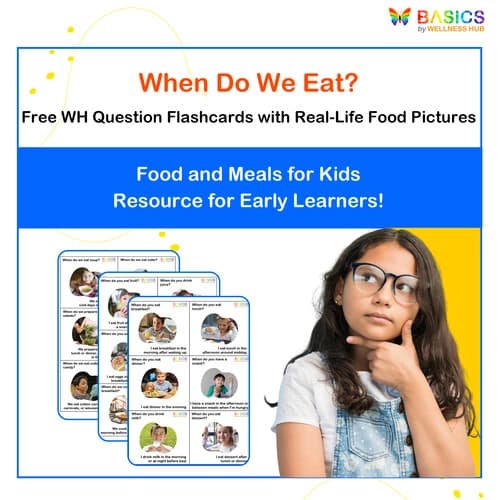
When Questions Flashcards – Food and Meals for Kids (Free Printable PDF)
FREE
₹160
100% off
4.8 (54 ratings)
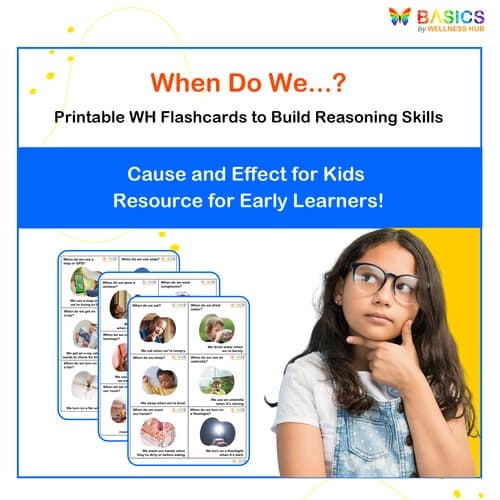
When Questions Flashcards – Cause and Effect for Kids (Printable PDF)
₹ 80.00
₹ 160.00
50% off
5.0 (50 ratings)
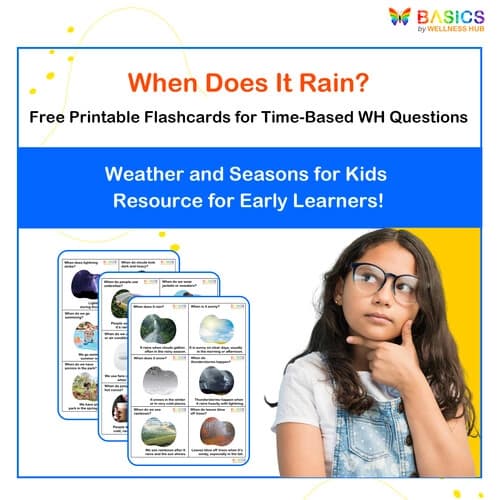
When Questions Flashcards – Weather and Seasons for Kids (Free Printable PDF)
FREE
₹160
100% off
4.9 (46 ratings)
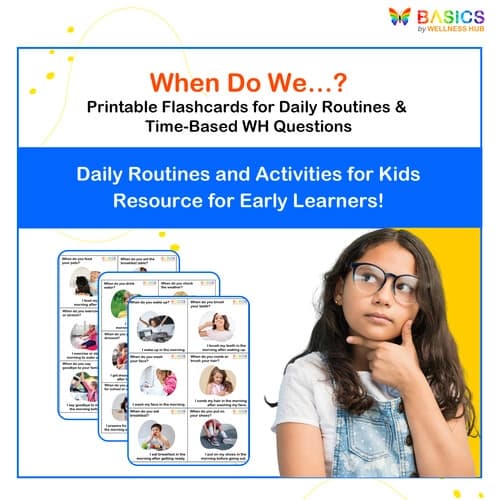
When Questions Flashcards – Daily Routines and Activities for Kids (Printable PDF)
₹ 80.00
₹ 160.00
50% off
4.8 (42 ratings)
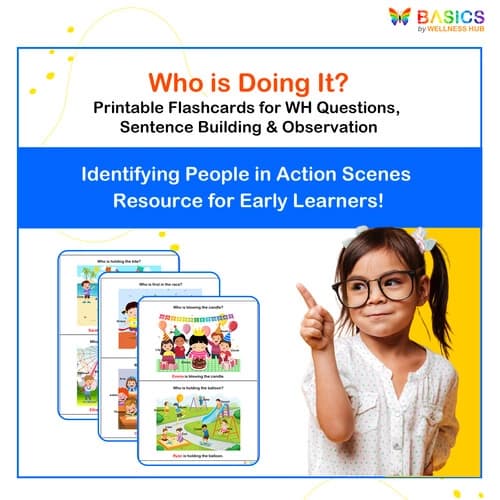
Who Questions Flashcards – Identifying People in Action Scenes (Printable PDF)
₹ 80.00
₹ 160.00
50% off
5.0 (60 ratings)
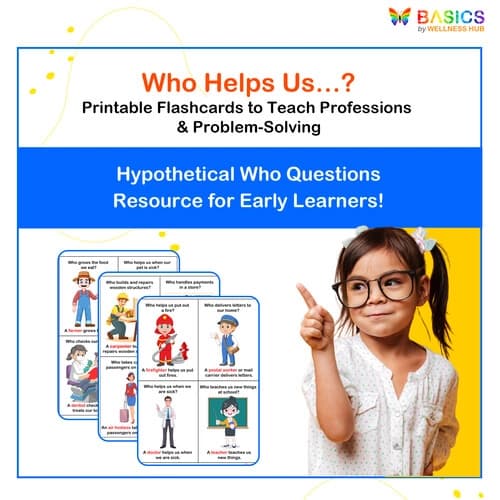
Hypothetical Who Questions – Professions Flashcards for Kids (Printable PDF)
₹ 80.00
₹ 160.00
50% off
4.9 (56 ratings)
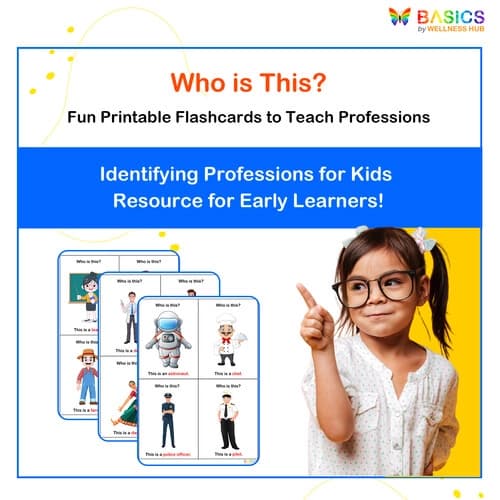
Who Questions Flashcards – Identifying Professions for Kids (Printable PDF)
₹ 80.00
₹ 160.00
50% off
4.8 (52 ratings)
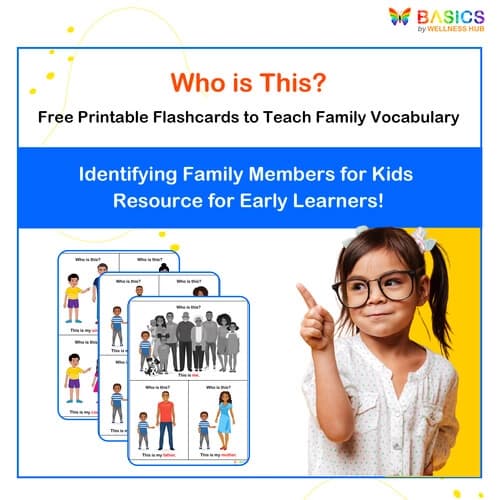
Who Questions Flashcards – Identifying Family Members for Kids (Free Printable)
FREE
₹160
100% off
5.0 (48 ratings)
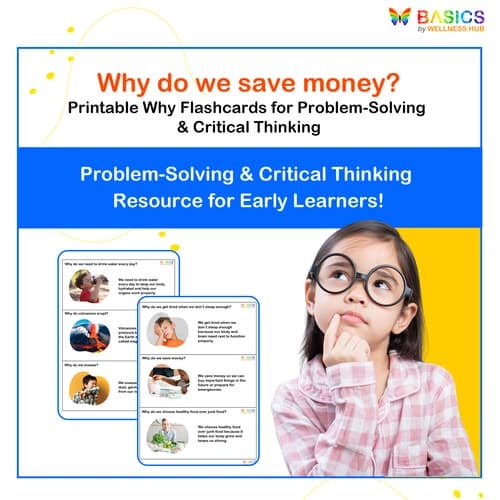
Why Questions Flashcards – Problem-Solving & Critical Thinking for Kids
₹ 80.00
₹ 160.00
50% off
4.9 (44 ratings)
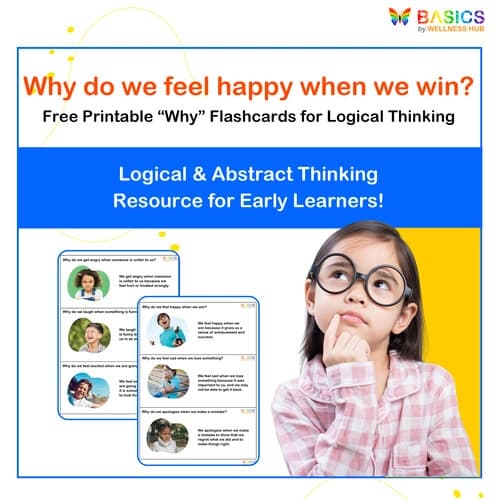
Why Questions Flashcards – Logical & Abstract Thinking for Kids (Free Printable)
FREE
₹160
100% off
4.8 (58 ratings)
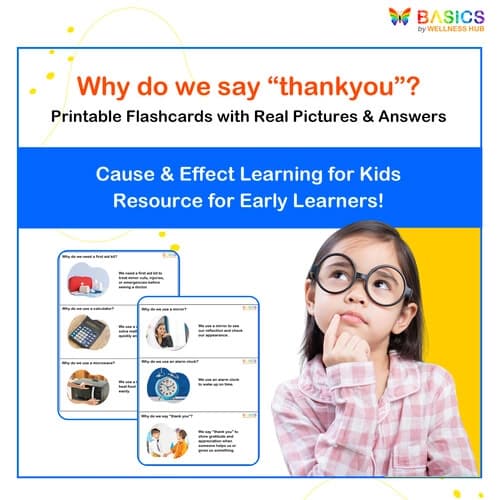
Why Questions Flashcards – Printable Cause & Effect Learning for Kids
₹ 80.00
₹ 160.00
50% off
5.0 (54 ratings)
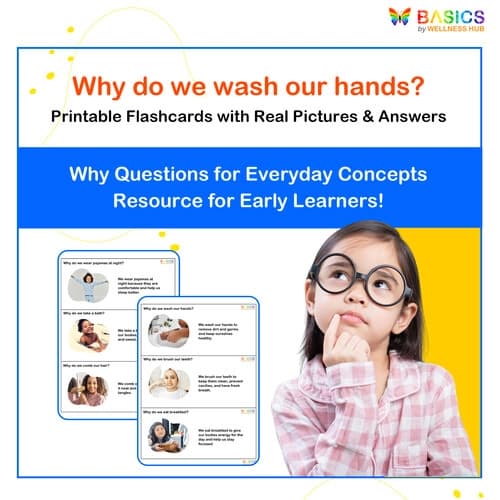
Why Do We…? WH Questions for Everyday Concepts (Printable PDF)
₹ 80.00
₹ 160.00
50% off
5.0 (54 ratings)
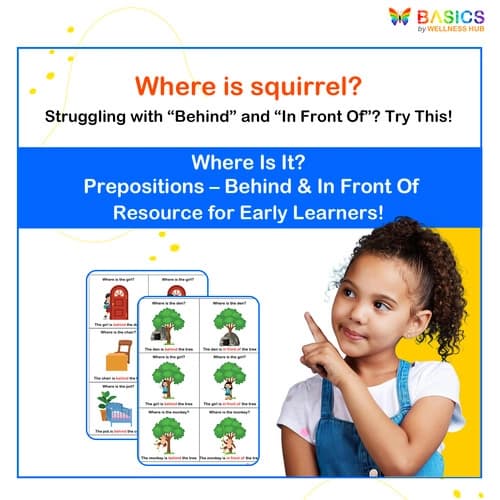
Where Is It? Prepositions – Behind & In Front Of (Printable PDF)
₹ 80.00
₹ 160.00
50% off
4.9 (50 ratings)
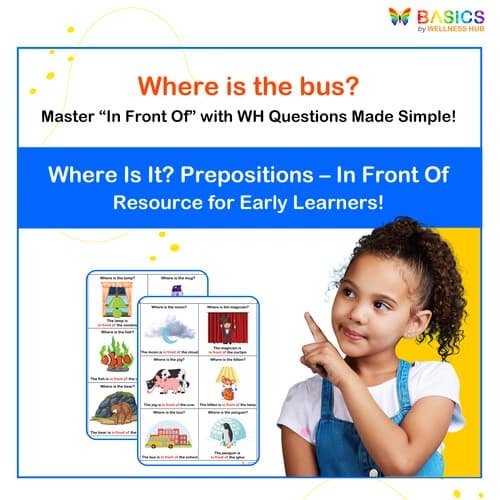
Where Is It? Prepositions – In Front Of (Printable PDF)
₹ 80.00
₹ 160.00
50% off
4.8 (46 ratings)
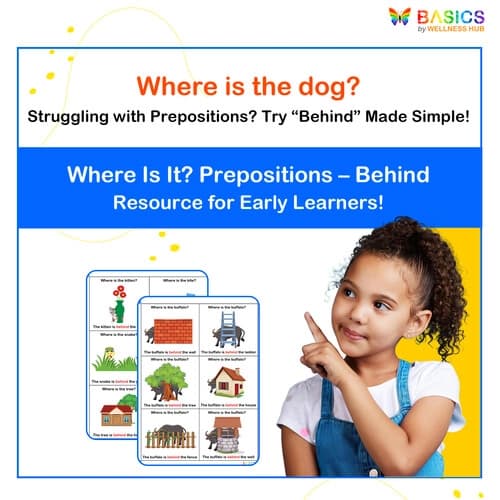
Where Is It? Prepositions – Behind (Printable PDF)
₹ 80.00
₹ 160.00
50% off
5.0 (42 ratings)
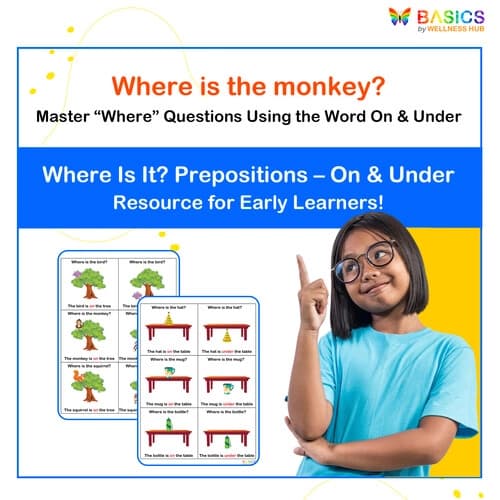
Where Is It? Prepositions – On & Under (Printable PDF)
₹ 80.00
₹ 160.00
50% off
4.9 (60 ratings)
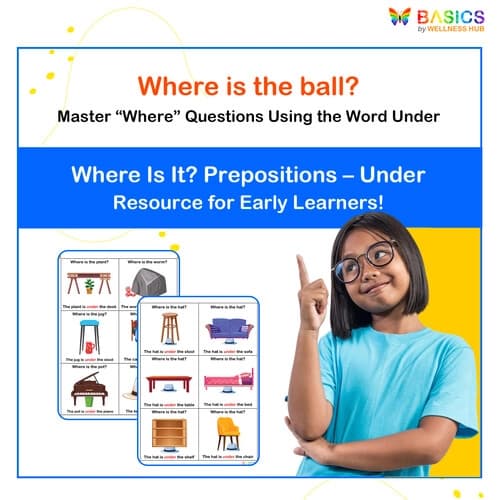
Where Is It? Prepositions – Under (Free Printable PDF)
FREE
₹160
100% off
4.8 (56 ratings)
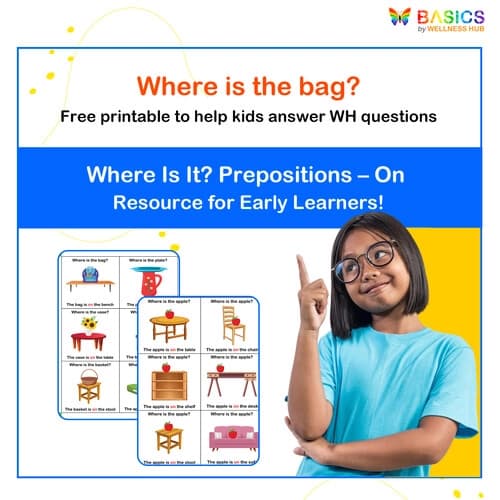
Where Is It? Prepositions – On (Free Printable PDF)
FREE
₹160
100% off
5.0 (52 ratings)
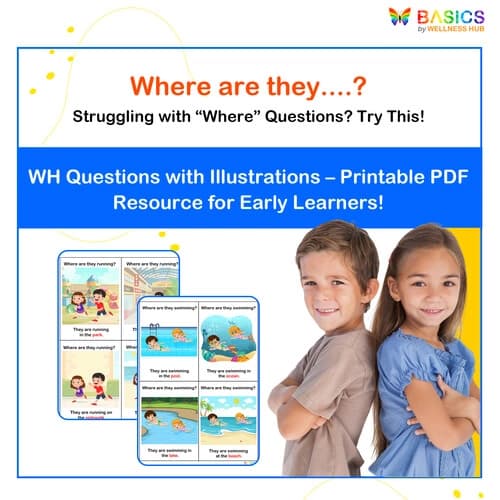
Where Are They? WH Questions with Illustrations – Printable PDF
₹ 80.00
₹ 160.00
50% off
4.9 (48 ratings)
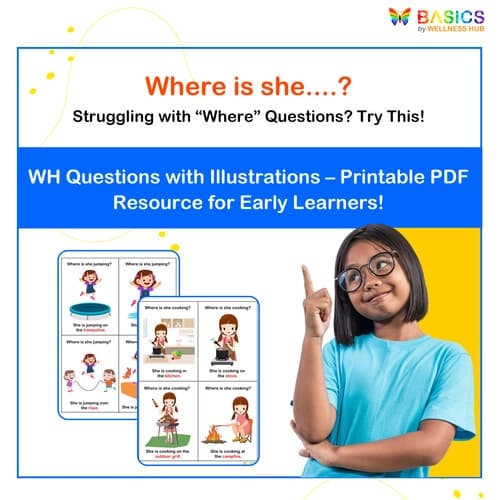
Where Is She? WH Questions with Illustrations – Printable PDF
₹ 80.00
₹ 160.00
50% off
5.0 (32 ratings)
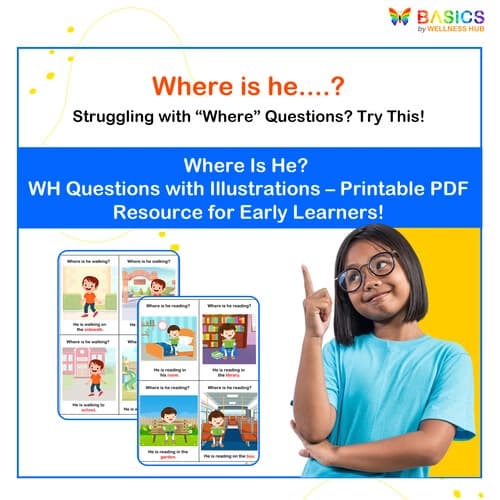
Where Is He? WH Questions with Illustrations – Printable PDF
₹ 80.00
₹ 160.00
50% off
4.9 (42 ratings)
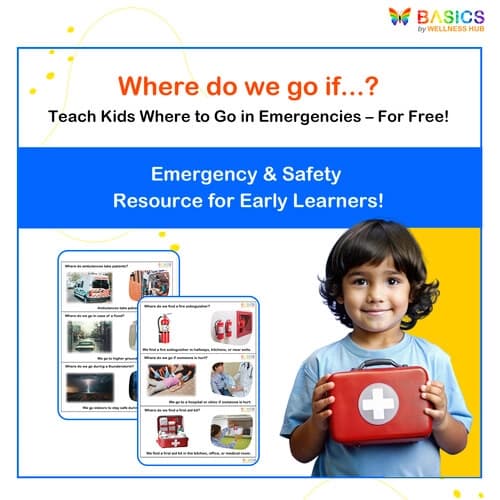
Where Do We Go? WH Questions – Emergency & Safety (Free Printable PDF)
FREE
₹160
100% off
4.8 (60 ratings)
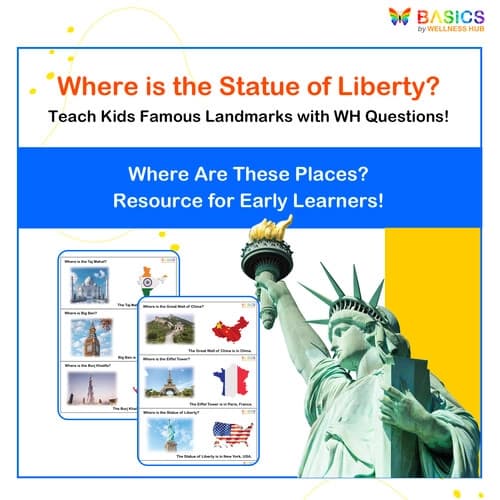
Where Are These Places? WH Questions – Landmarks & Geography (Free Printable PDF)
FREE
₹160
100% off
4.9 (56 ratings)
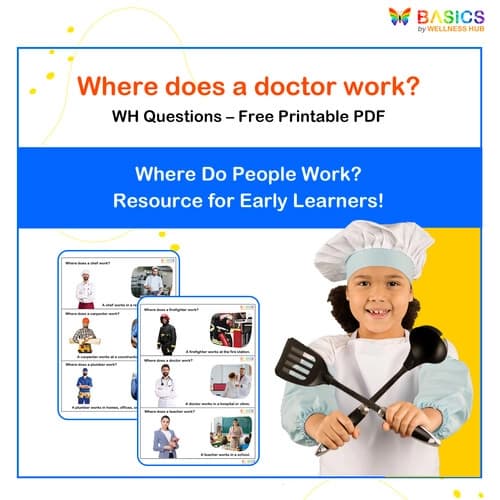
Where Do People Work? WH Questions – Printable Flashcards on Jobs & Places
₹ 80.00
₹ 160.00
50% off
4.8 (52 ratings)
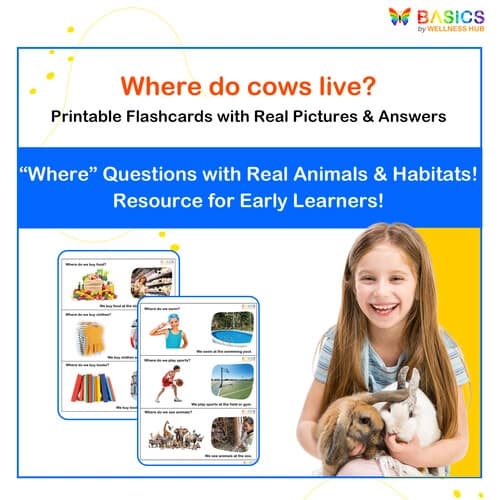
Where Questions in Nature – Printable Flashcards on Animals & Habitats
₹ 80.00
₹ 160.00
50% off
4.7 (48 ratings)
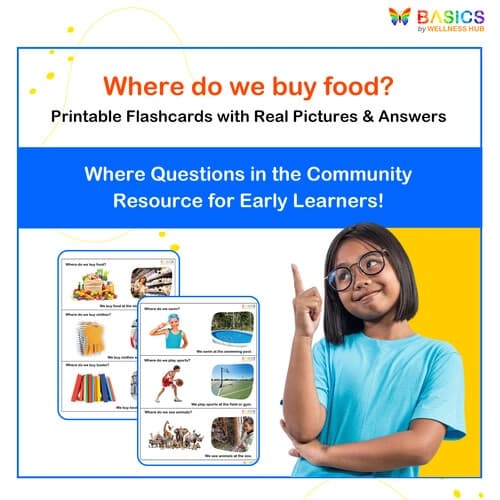
Where Questions in the Community – Printable Flashcards with Real-Life Answers
₹ 80.00
₹ 160.00
50% off
4.6 (44 ratings)
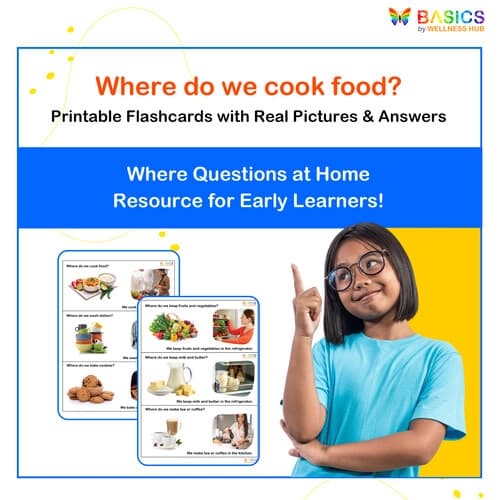
Where Questions at Home – Printable Flashcards with Real-Life Answers
₹ 80.00
₹ 160.00
50% off
4.9 (58 ratings)
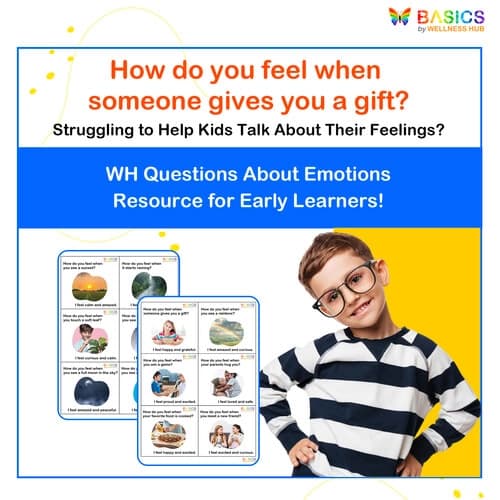
How Do You Feel? WH Questions About Emotions (Printable PDF)
₹ 80.00
₹ 160.00
50% off
4.8 (54 ratings)
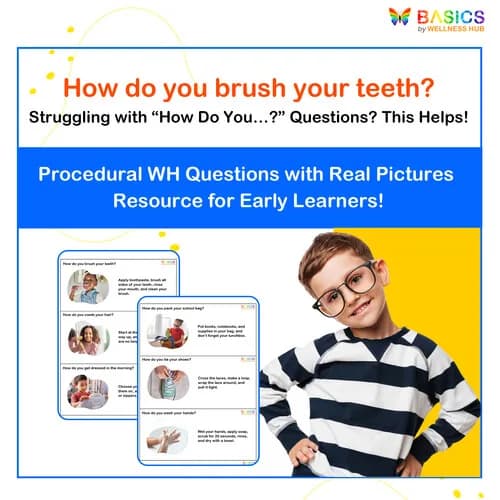
How Do You…? Procedural WH Questions with Real Pictures (Printable PDF)
₹ 80.00
₹ 160.00
50% off
4.7 (50 ratings)
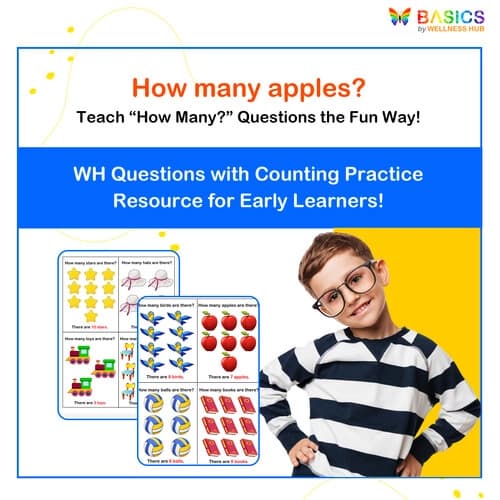
How Many? WH Questions with Counting Practice (Printable PDF)
₹ 80.00
₹ 160.00
50% off
4.6 (46 ratings)
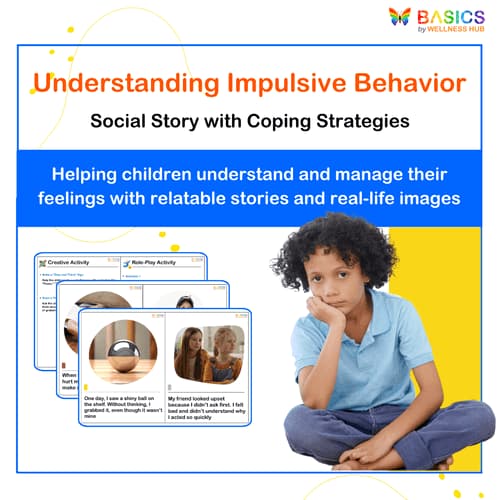
Understanding Impulsive Behavior: Social Story with Coping Strategies
₹ 80.00
₹ 160.00
50% off
4.9 (42 ratings)
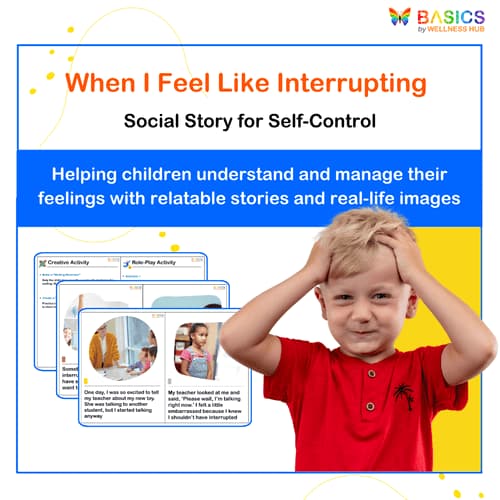
When I Feel Like Interrupting – Social Story for Self-Control
₹ 80.00
₹ 160.00
50% off
4.8 (60 ratings)
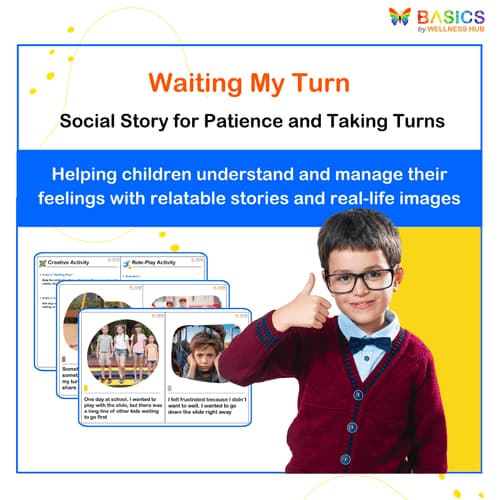
Waiting My Turn – Social Story for Patience and Taking Turns
₹ 80.00
₹ 160.00
50% off
4.7 (56 ratings)
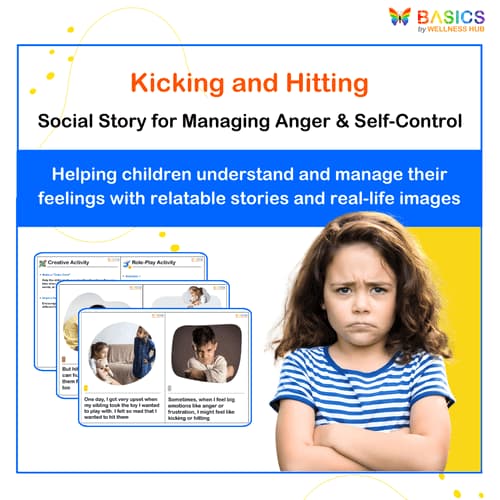
Kicking and Hitting – Social Story for Managing Anger & Self-Control
₹ 80.00
₹ 160.00
50% off
4.6 (52 ratings)
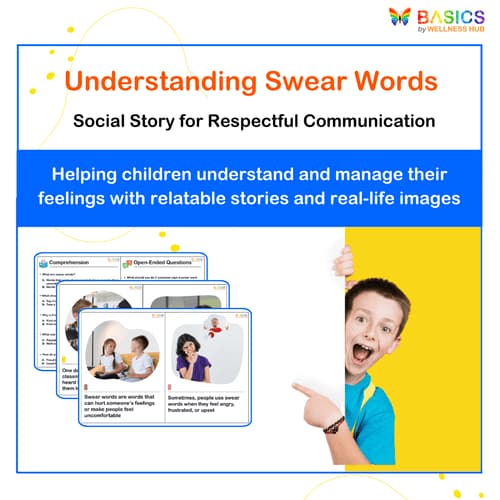
Understanding Swear Words – Social Story for Respectful Communication
₹ 80.00
₹ 160.00
50% off
4.9 (48 ratings)
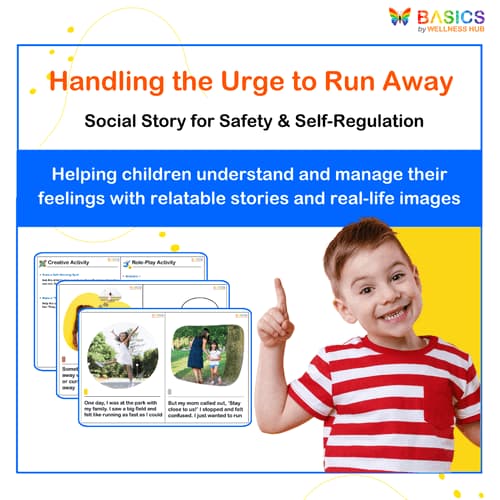
Handling the Urge to Run Away – Social Story for Safety & Self-Regulation
₹ 80.00
₹ 160.00
50% off
4.8 (44 ratings)
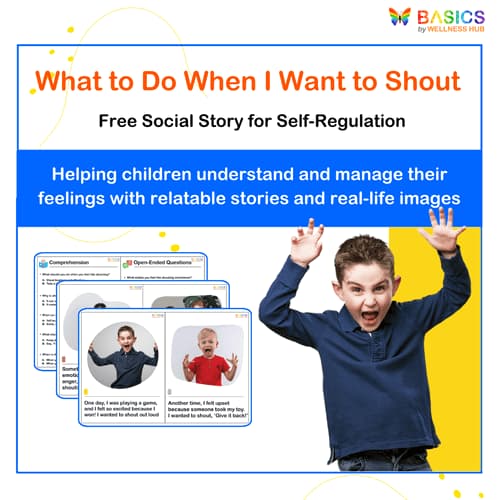
What to Do When I Want to Shout – Free Social Story for Self-Regulation
FREE
₹160
100% off
4.7 (58 ratings)
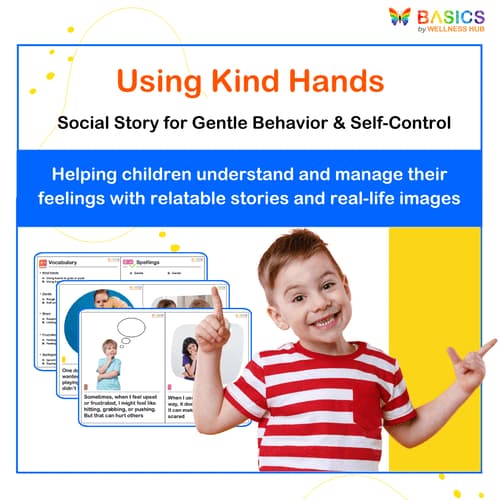
Using Kind Hands – Social Story for Gentle Behavior & Self-Control
₹ 80.00
₹ 160.00
50% off
4.6 (54 ratings)
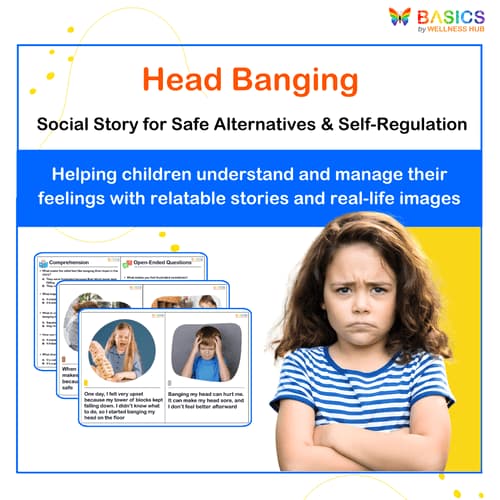
Head Banging – Social Story for Safe Alternatives & Self-Regulation
₹ 80.00
₹ 160.00
50% off
4.9 (50 ratings)
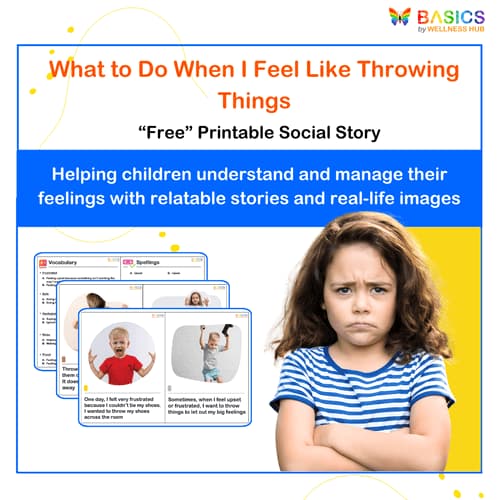
What to Do When I Feel Like Throwing Things – Free Printable Social Story
FREE
₹160
100% off
4.8 (46 ratings)
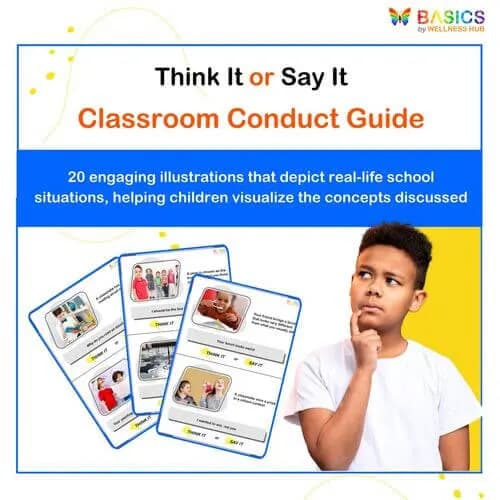
Think It or Say It: Classroom Conduct Guide
₹ 80.00
₹ 160.00
50% off
4.7 (42 ratings)
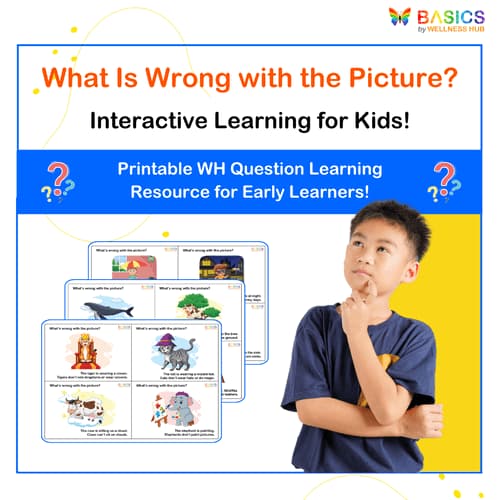
What Is Wrong with the Picture? – Fun Learning with Pictures for Kids
₹ 80.00
₹ 160.00
50% off
4.6 (60 ratings)
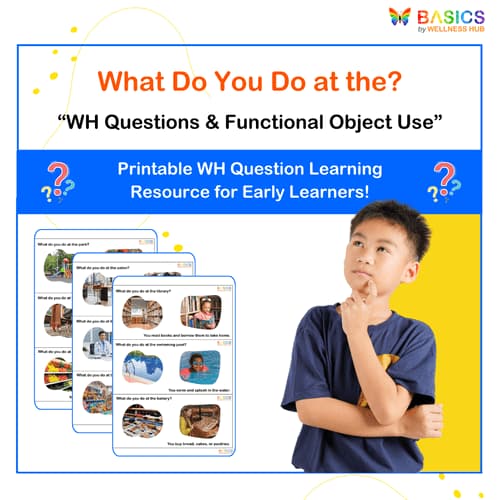
What Do You Do at the? WH Questions & Places – Printable PDF
₹ 80.00
₹ 160.00
50% off
4.9 (56 ratings)
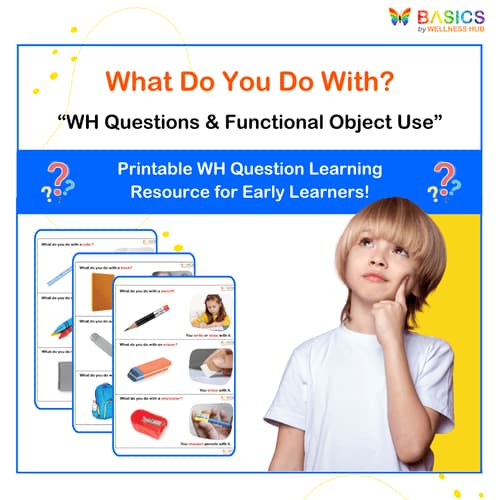
What Do You Do With? WH Questions & Functional Object Use – Printable PDF
₹ 80.00
₹ 160.00
50% off
4.8 (52 ratings)
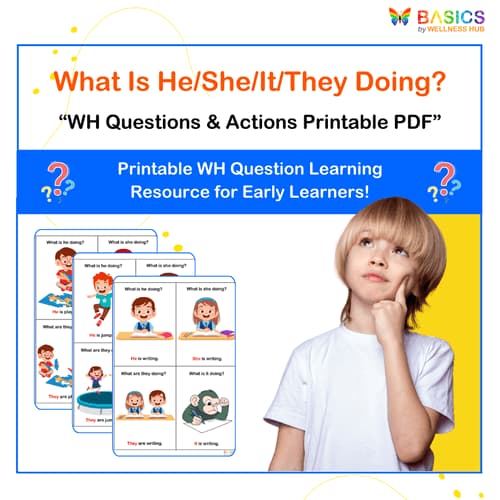
What Is He/She/It/They Doing? WH Questions & Actions Printable – Sentence Building for Kids
₹ 80.00
₹ 160.00
50% off
4.7 (48 ratings)
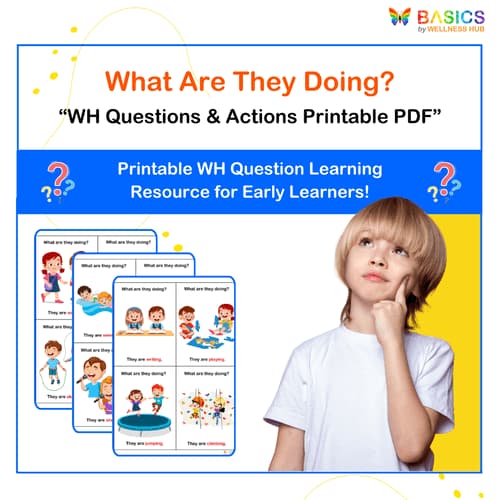
What Are They Doing? WH Questions & Actions Printable – Sentence Building for Kids
₹ 80.00
₹ 160.00
50% off
4.6 (44 ratings)
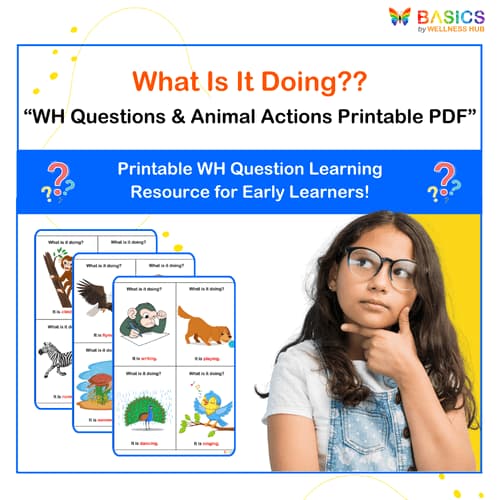
What Is It Doing? WH Questions & Animal Actions Printable – Fun Learning with Animals
₹ 80.00
₹ 160.00
50% off
4.9 (58 ratings)
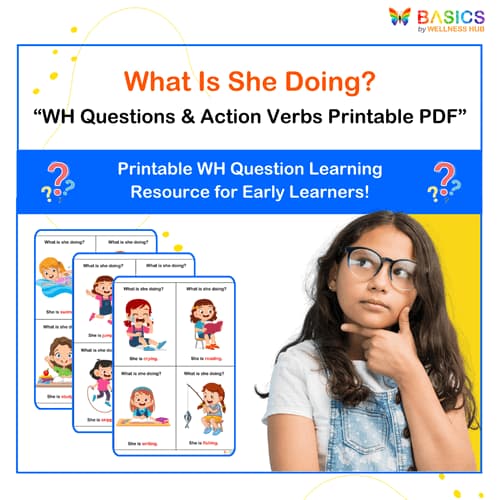
What Is She Doing? WH Questions & Action Verbs Printable – Learn Verbs & Sentence Formation
₹ 80.00
₹ 160.00
50% off
4.8 (54 ratings)
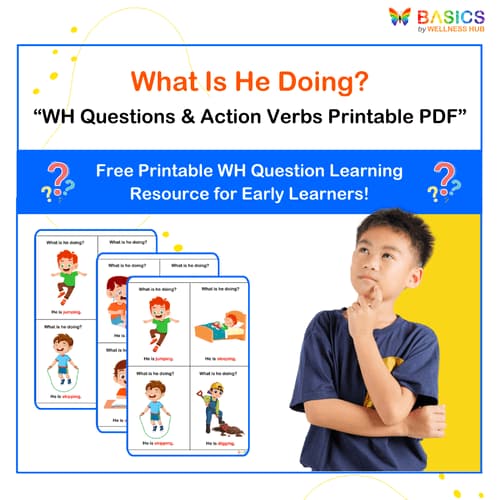
What Is He Doing? Action Words Printable – Learn Verbs & WH Questions
₹ 80.00
₹ 160.00
50% off
4.7 (50 ratings)
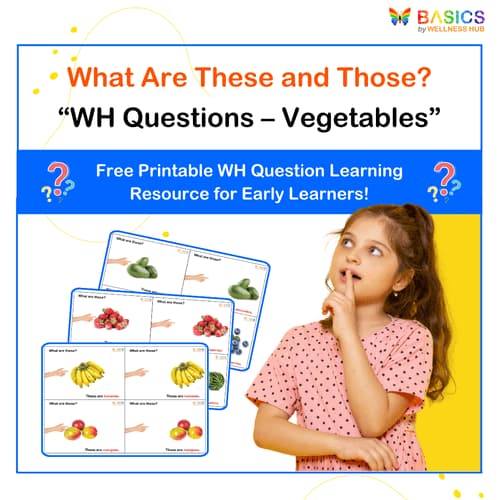
What Are These and Those? WH Questions – Vegetables (Free Printable PDF)
FREE
₹160
100% off
4.6 (46 ratings)
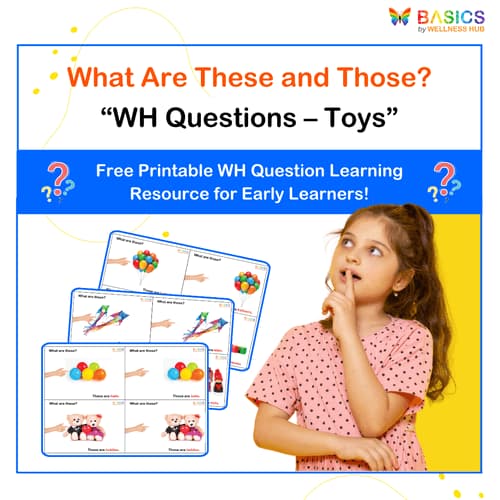
What Are These and Those? WH Questions – Toys (Free Printable PDF)
FREE
₹160
100% off
4.9 (42 ratings)
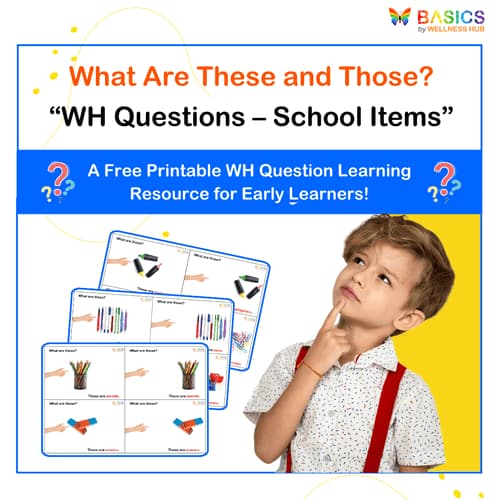
What Are These and Those? WH Questions – School Items (Free Printable PDF)
FREE
₹160
100% off
4.8 (60 ratings)
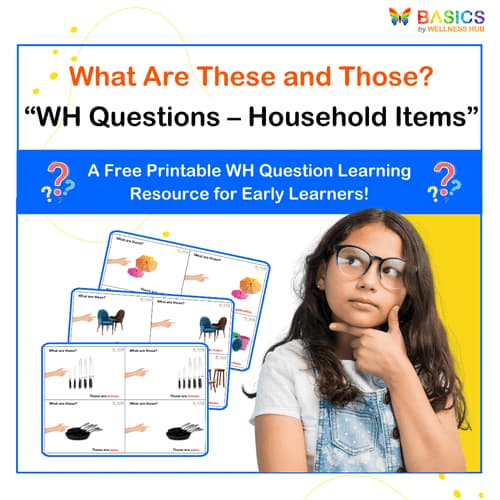
What Are These and Those? WH Questions – Household Items (Free Printable PDF)
FREE
₹160
100% off
4.7 (56 ratings)
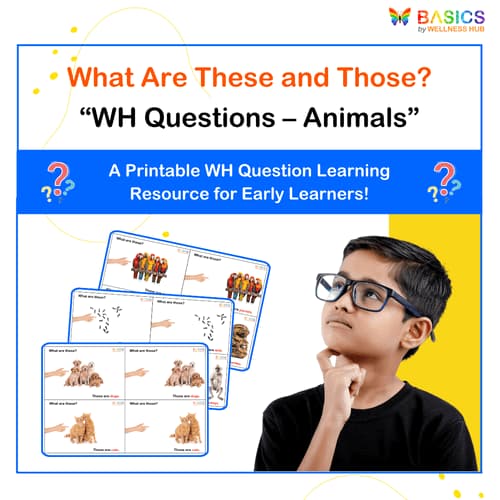
What Are These and Those? WH Questions – Animals (Printable PDF)
₹ 80.00
₹ 160.00
50% off
4.6 (52 ratings)
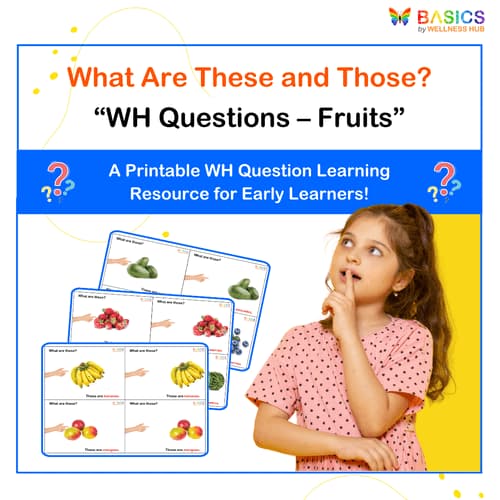
What Are These and Those? WH Questions – Fruits (Printable PDF)
₹ 80.00
₹ 160.00
50% off
4.6 (52 ratings)
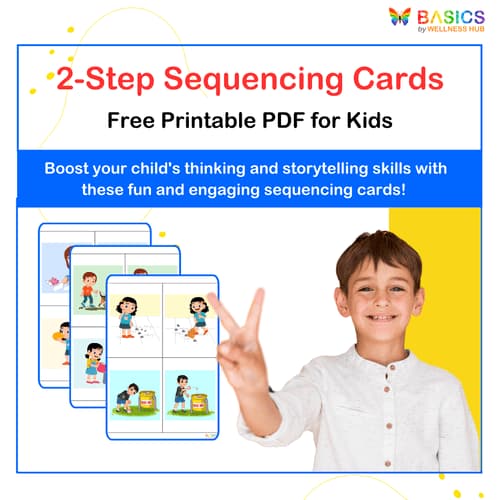
2-Step Sequencing Cards: Free Printable PDF for Daily Activities
FREE
₹160
100% off
4.9 (48 ratings)
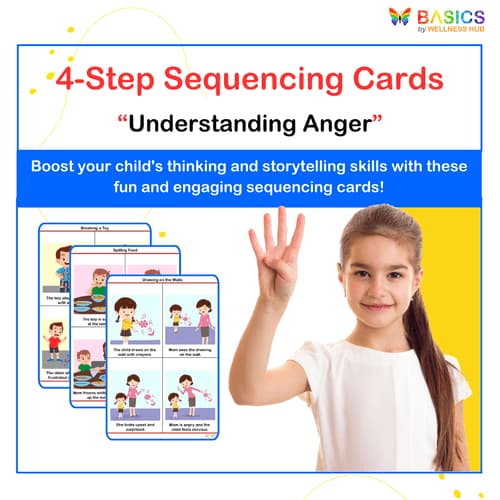
4-Step Sequencing Cards: Understanding Anger – Printable PDF
₹ 80.00
₹ 160.00
50% off
4.8 (44 ratings)
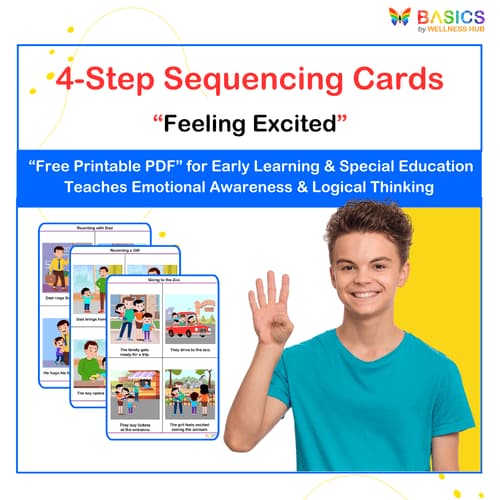
4-Step Sequencing Cards: Free Printable PDF for Feeling Excited
FREE
₹160
100% off
4.7 (60 ratings)
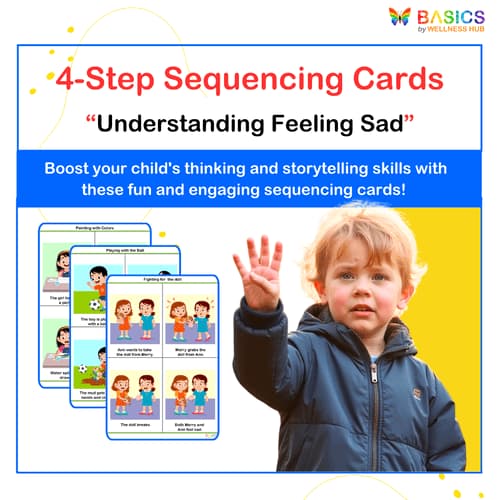
4-Step Sequencing Cards: Printable PDF for Understanding Feeling Sad
₹ 80.00
₹ 160.00
50% off
4.6 (56 ratings)
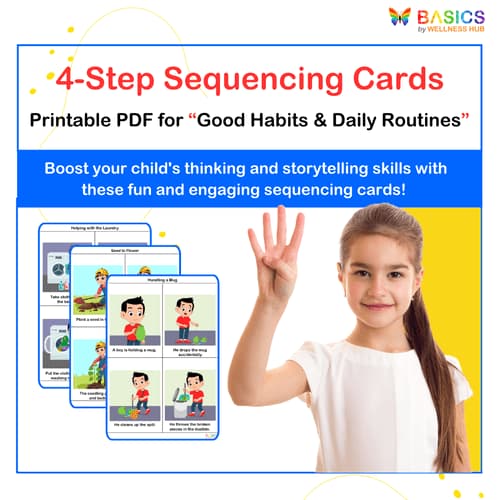
4-Step Sequencing Cards: Printable PDF for Good Habits & Daily Routines
₹ 80.00
₹ 160.00
50% off
4.9 (52 ratings)
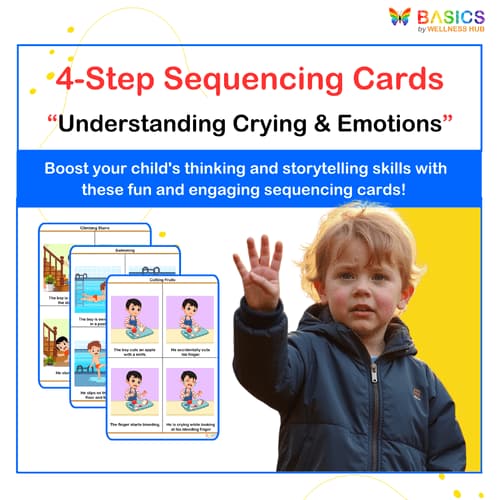
4-Step Sequencing Cards: Printable PDF for Understanding Crying & Emotions
₹ 80.00
₹ 160.00
50% off
4.8 (46 ratings)
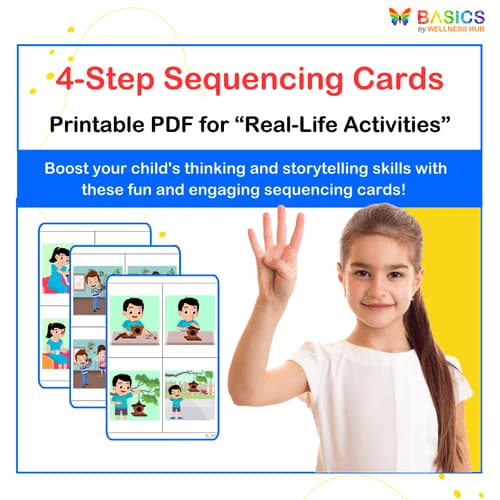
4-Step Sequencing Cards: Printable PDF for Real-Life Activities
₹ 80.00
₹ 160.00
50% off
4.7 (42 ratings)
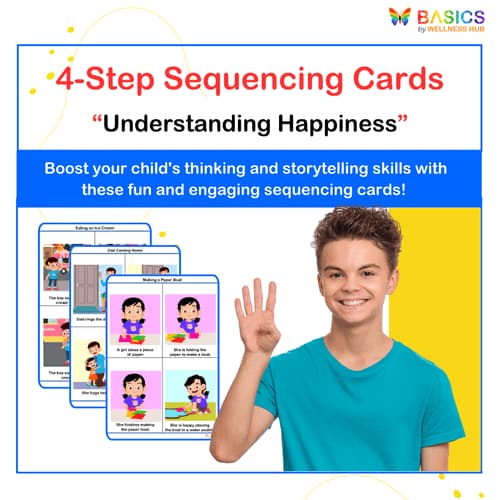
4-Step Sequencing Cards: Printable PDF for Understanding Happiness
₹ 80.00
₹ 160.00
50% off
4.6 (60 ratings)
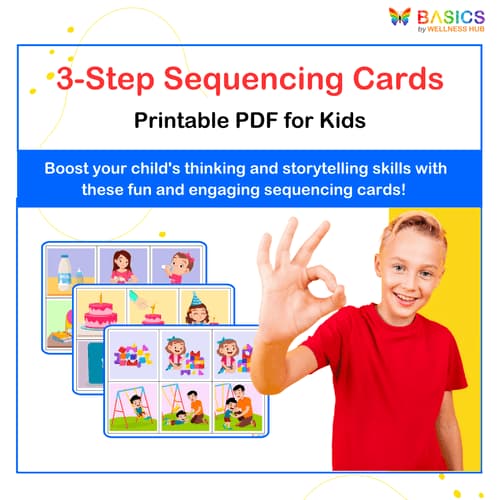
3-Step Sequencing Cards: Printable PDF for Early Learning
₹ 80.00
₹ 160.00
50% off
4.9 (56 ratings)
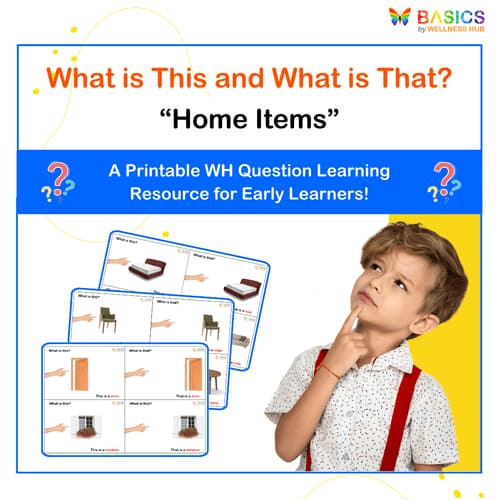
What is This and What is That? - Home Items Learning PDF for Kids WH
₹ 80.00
₹ 160.00
50% off
4.8 (52 ratings)
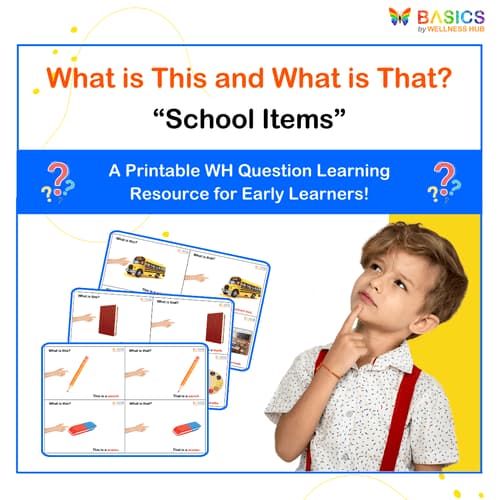
What is This and What is That? - School Items Learning PDF for Kids WH
₹ 80.00
₹ 160.00
50% off
4.7 (48 ratings)
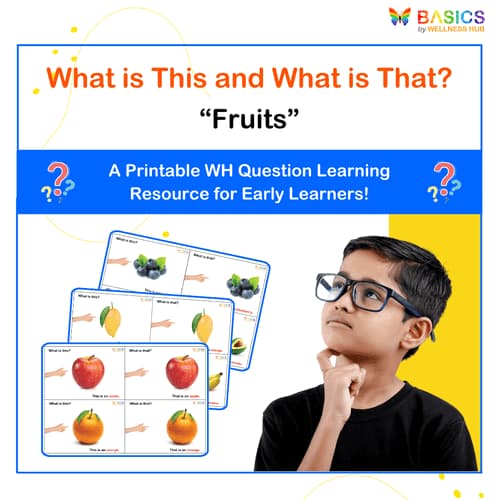
What is This and What is That? - Fruits Learning PDF for Kids WH
₹ 80.00
₹ 160.00
50% off
4.6 (44 ratings)
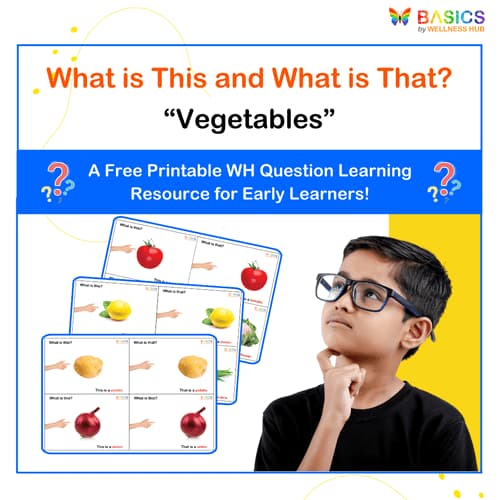
What is This and What is That? - Free Vegetables Learning PDF for Kids WH
FREE
₹160
100% off
4.9 (58 ratings)
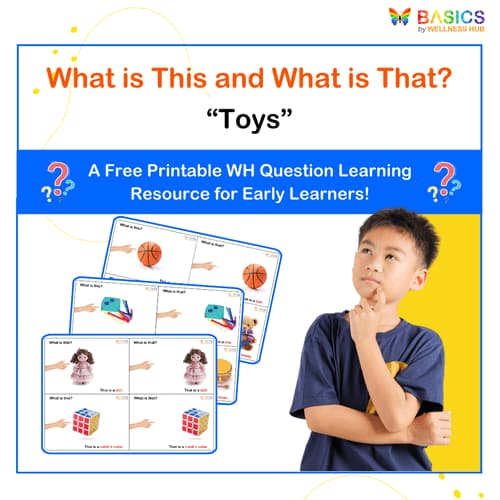
What is This and What is That? - Free Toys Learning PDF for Kids WH
FREE
₹160
100% off
4.8 (54 ratings)
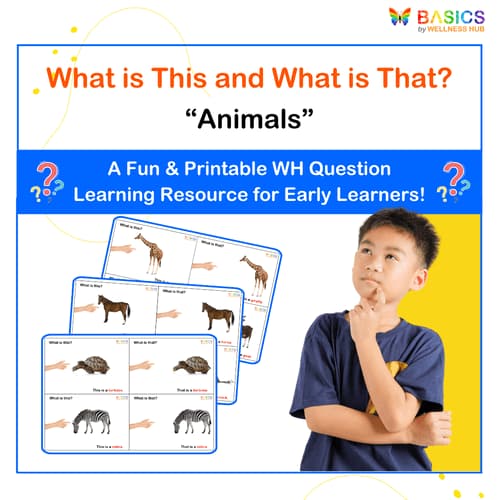
What is This and What is That? - Animals Learning PDF for Kids WH
₹ 80.00
₹ 160.00
50% off
4.7 (50 ratings)
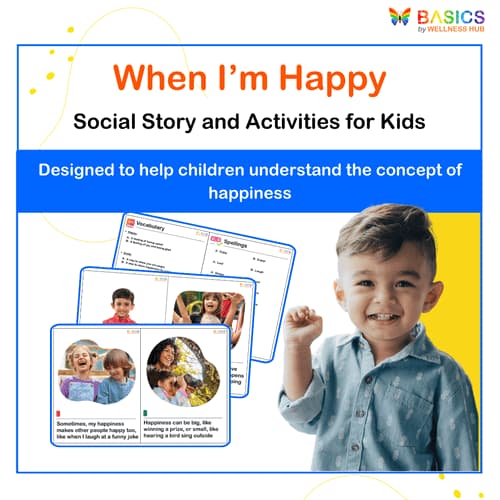
When I’m Happy: Social Story for Kids - Free PDF
FREE
₹160
100% off
4.6 (46 ratings)
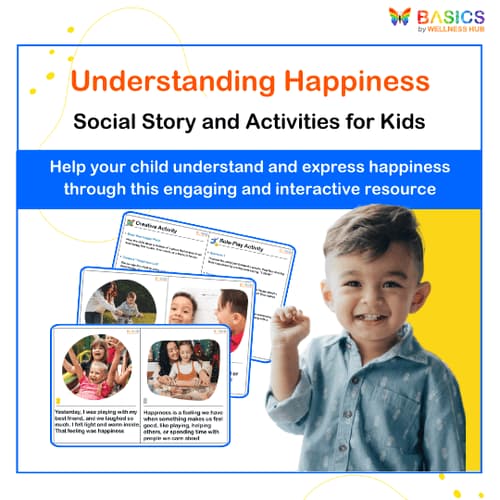
Understanding Happiness: Social Story with Engaging Activities for Kids
₹ 80.00
₹ 160.00
50% off
4.9 (42 ratings)
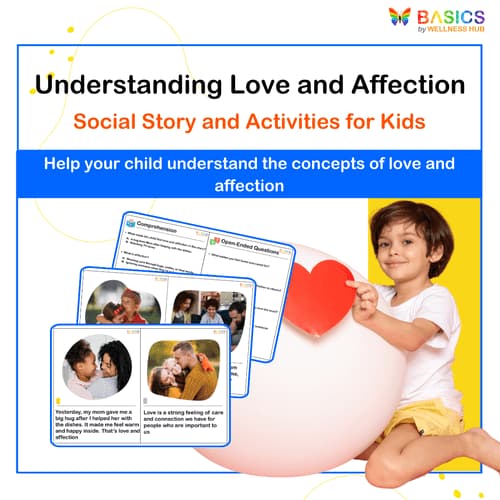
Understanding Love and Affection: Free Social Story with Activities for Kids
FREE
₹160
100% off
4.8 (58 ratings)
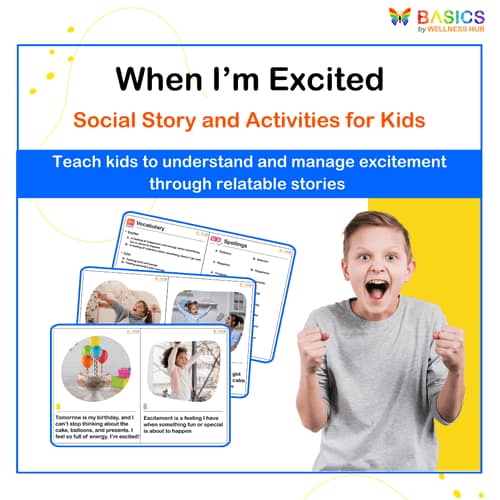
When I’m Excited: Social Story with Activities for Emotional Growth
₹ 80.00
₹ 160.00
50% off
4.7 (54 ratings)
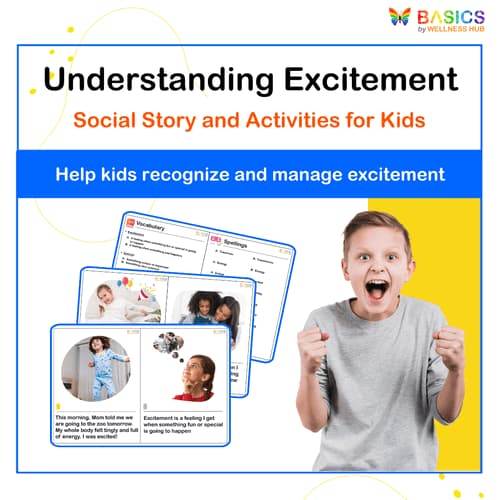
Understanding Excitement: Social Story and Activities for Kids
₹ 80.00
₹ 160.00
50% off
4.6 (50 ratings)
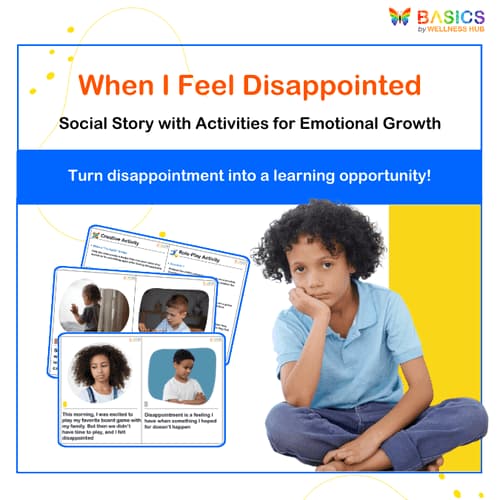
When I Feel Disappointed: Social Story and Activities for Kids
₹ 80.00
₹ 160.00
50% off
4.9 (46 ratings)
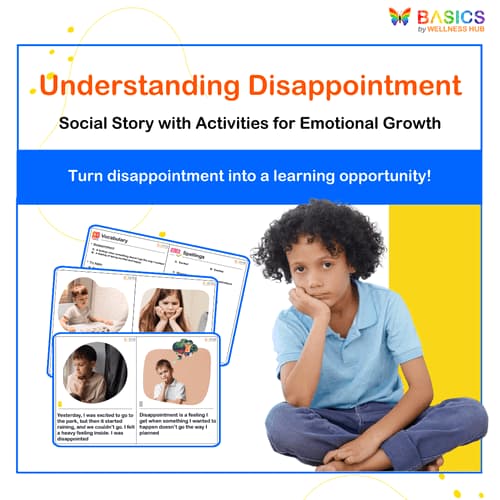
Understanding Disappointment: Social Story & Activities for Kids
₹ 80.00
₹ 160.00
50% off
4.8 (42 ratings)
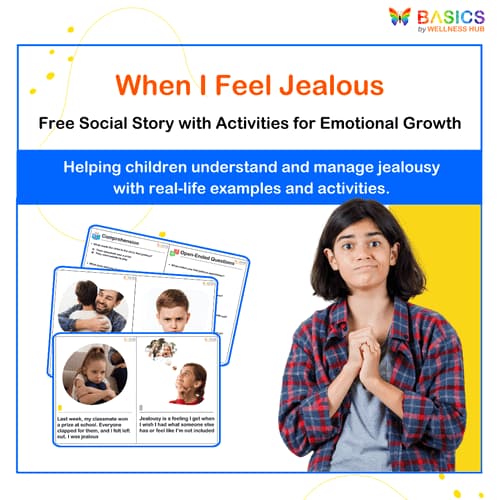
When I Feel Jealous: A Social Story with Activities for Kids
₹ 80.00
₹ 160.00
50% off
4.7 (60 ratings)
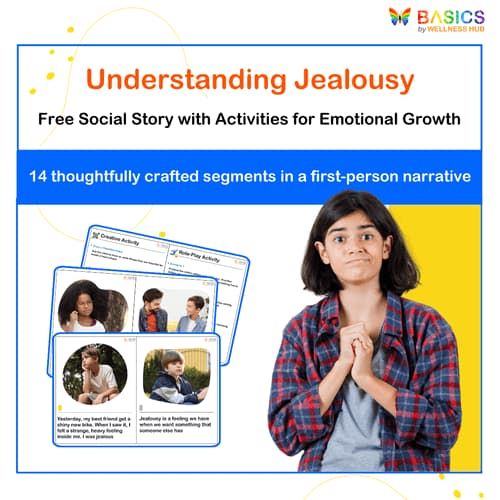
Understanding Jealousy: Free Social Story with Activities for Emotional Growth
FREE
₹160
100% off
4.6 (56 ratings)
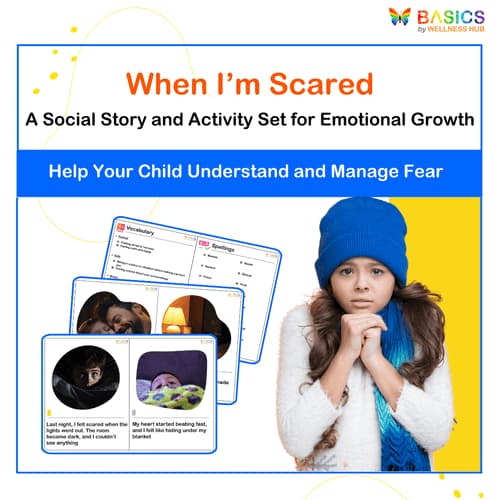
When I’m Scared: Social Story and Activities for Kids
₹ 80.00
₹ 160.00
50% off
4.9 (52 ratings)
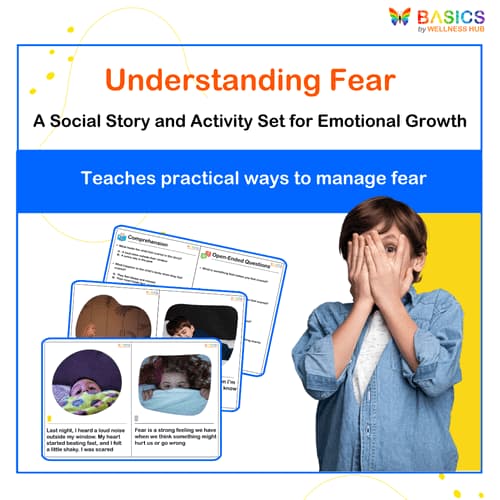
Understanding Fear: A Social Story with Activities for Kids
₹ 80.00
₹ 160.00
50% off
4.8 (48 ratings)
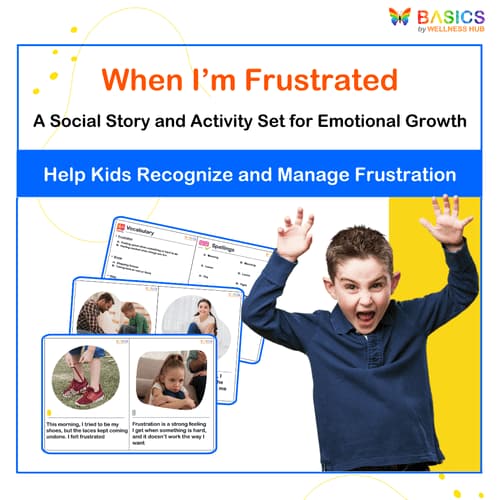
When I’m Frustrated: Free Social Story for Kids with Activities
FREE
₹160
100% off
4.7 (44 ratings)
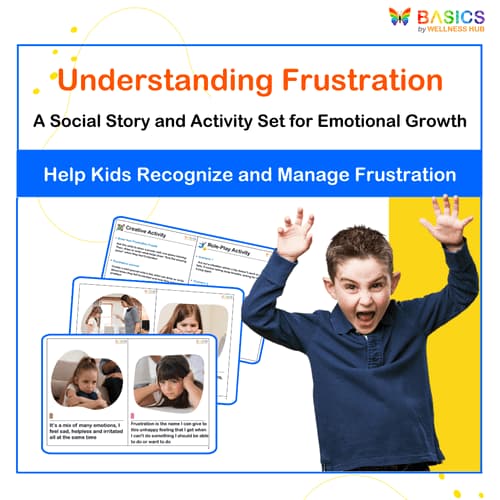
Understanding Frustration: A Social Story for Kids with Activities
₹ 80.00
₹ 160.00
50% off
4.6 (58 ratings)
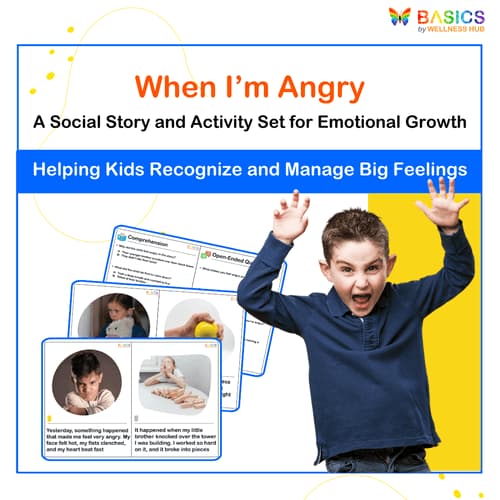
When I’m Angry: Social Story with Activities for Kids
₹ 80.00
₹ 160.00
50% off
4.9 (54 ratings)
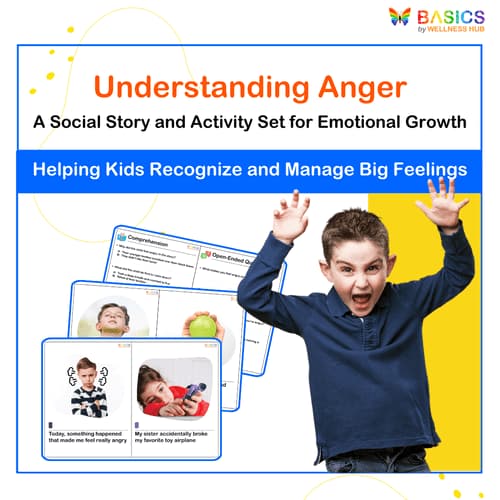
Understanding Anger: Social Story with Activities for Emotional Regulation
₹ 80.00
₹ 160.00
50% off
4.8 (60 ratings)
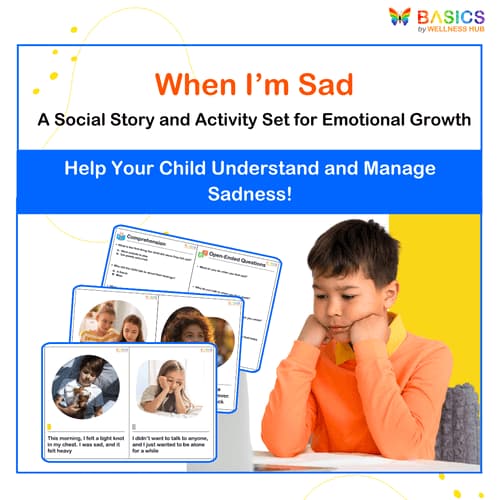
When I’m Sad: A Social Story for Emotional Regulation
₹ 80.00
₹ 160.00
50% off
4.7 (56 ratings)
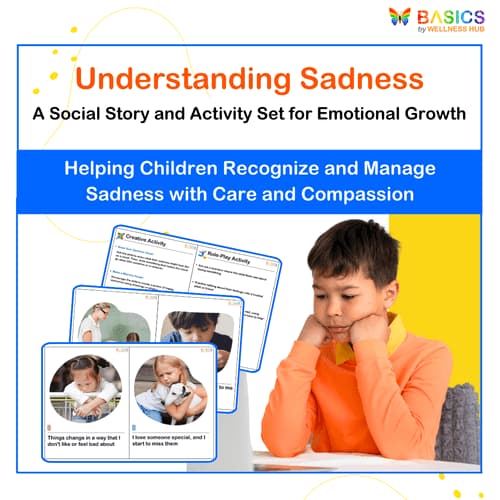
Understanding Sadness: Free Social Story with Activities for Kids
FREE
₹160
100% off
4.6 (52 ratings)
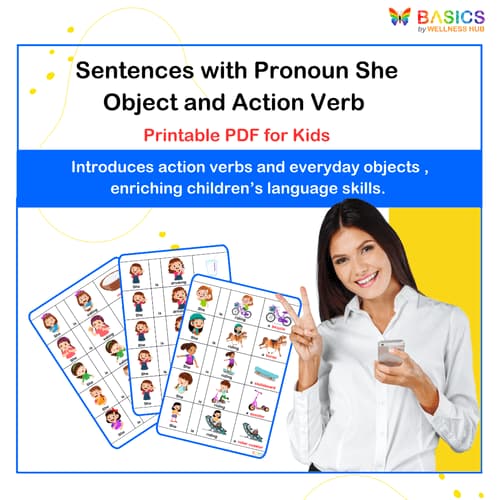
Sentences with Pronoun She: Object and Action Verb - Illustrated PDF for Kids
₹ 80.00
₹ 160.00
50% off
4.6 (60 ratings)
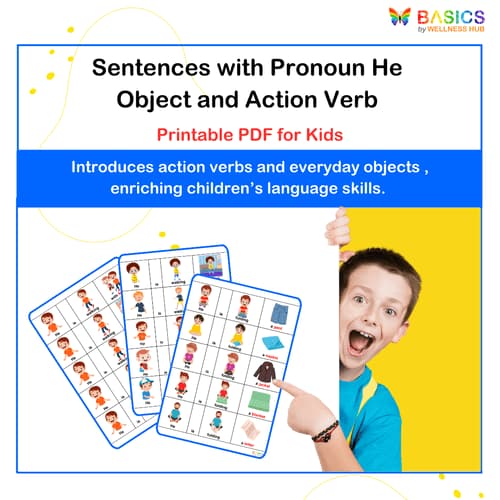
Sentences with Pronoun He: Object and Action Verb - Illustrated PDF for Kids
₹ 80.00
₹ 160.00
50% off
4.9 (56 ratings)
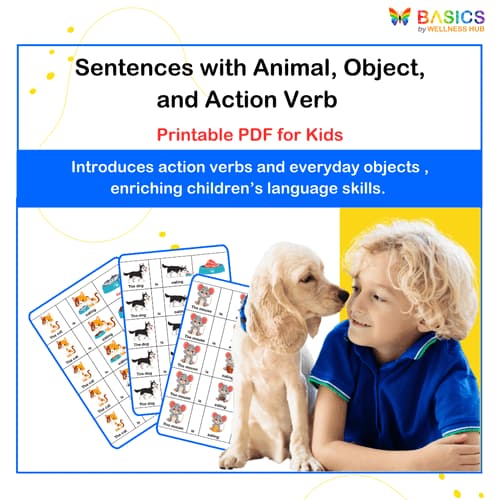
Sentences with Animals, Object, and Action Verb: Illustrated PDF for Kids
₹ 80.00
₹ 160.00
50% off
4.8 (52 ratings)
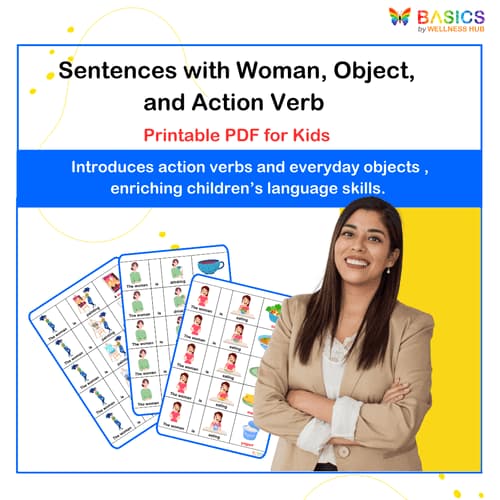
Sentences with Woman, Object, and Action Verb: Illustrated PDF for Kids
₹ 80.00
₹ 160.00
50% off
4.7 (46 ratings)
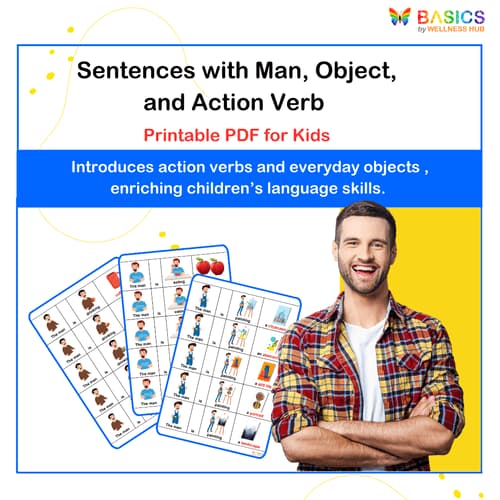
Sentences with Man, Object, and Action Verb: Free Illustrated PDF for Kids
FREE
₹160
100% off
4.6 (42 ratings)
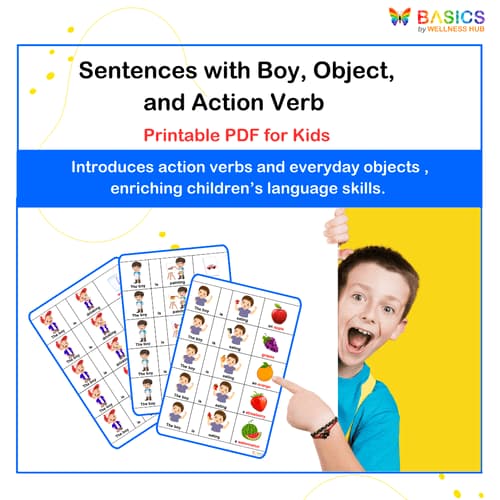
Sentences with Boy, Object, and Action Verb: Illustrated PDF for Kids
₹ 80.00
₹ 160.00
50% off
4.9 (60 ratings)
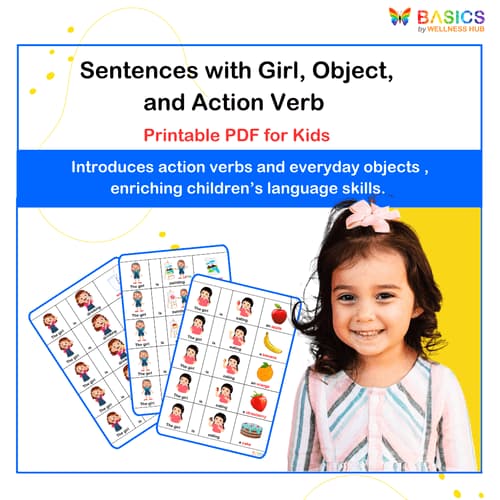
Sentences with Girl, Object, and Action Verb: Illustrated PDF for Kids
₹ 80.00
₹ 160.00
50% off
4.8 (56 ratings)
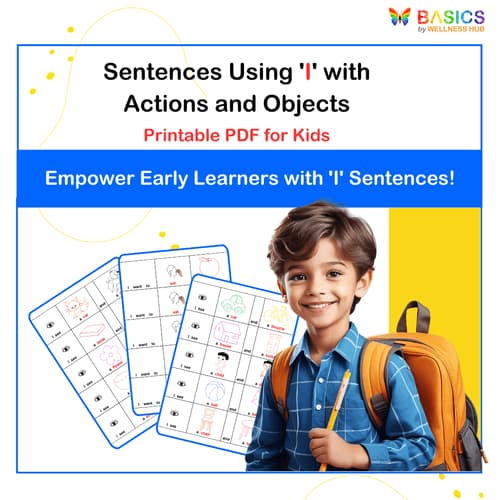
Printable Sentences Using 'I' with Actions and Objects PDF for Kids
₹ 80.00
₹ 160.00
50% off
4.7 (52 ratings)
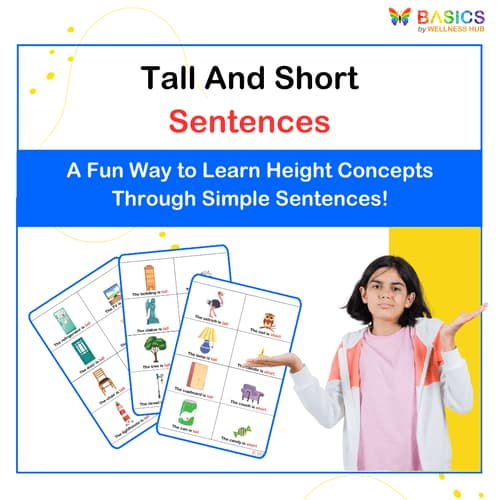
Learning Sentences with Tall and Short: Illustrated PDF for Kids
₹ 80.00
₹ 160.00
50% off
4.6 (48 ratings)
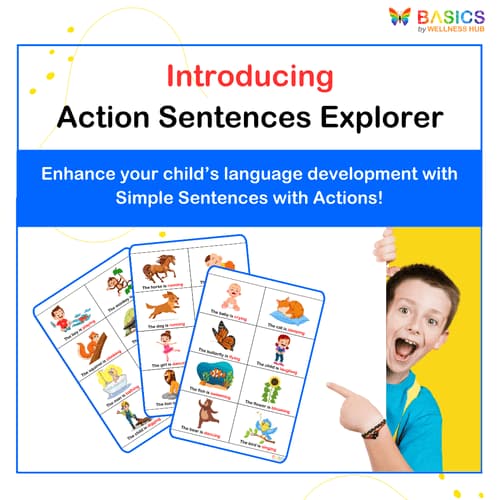
Sentences with Actions Flashcards: Everyday Activities PDF
₹ 80.00
₹ 160.00
50% off
4.9 (44 ratings)
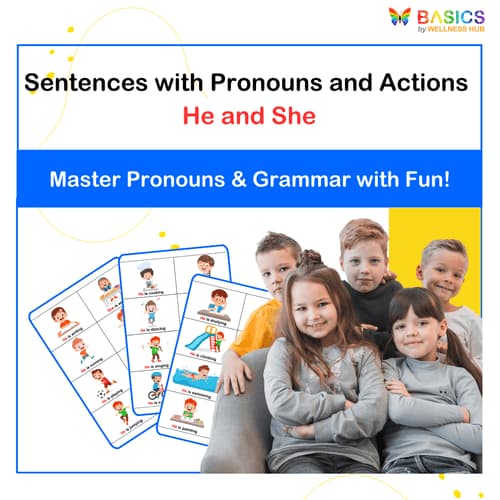
Sentences with Pronouns and Actions: He and She PDF for Kids - Free
FREE
₹160
100% off
4.8 (58 ratings)
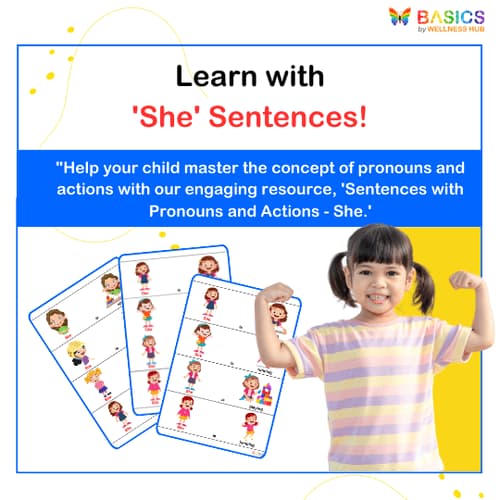
Sentences with Pronouns and Actions: She PDF for Early Learners
₹ 80.00
₹ 160.00
50% off
4.7 (54 ratings)
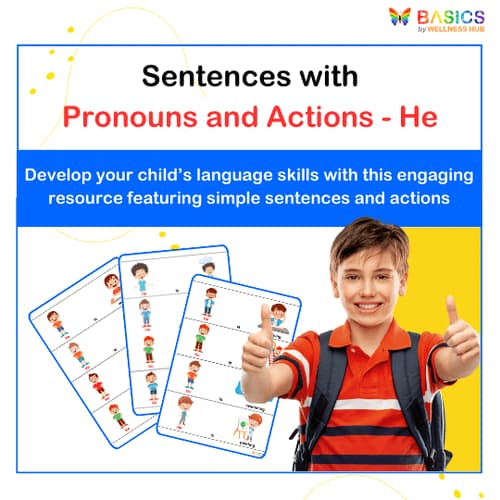
Sentences with Pronouns and Actions: He PDF for Early Learners
₹ 80.00
₹ 160.00
50% off
4.6 (50 ratings)
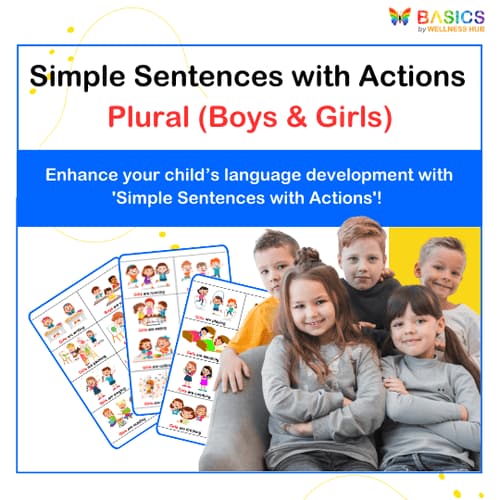
Simple Sentences with Actions: Plural Boys and Girls PDF
₹ 80.00
₹ 160.00
50% off
4.9 (46 ratings)
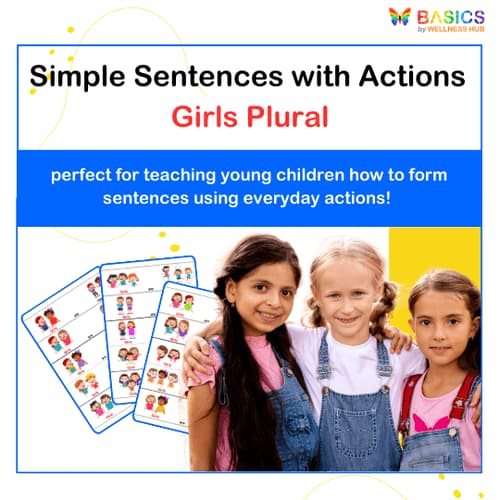
Simple Sentences with Actions: Girls Plural Free PDF
FREE
₹160
100% off
4.8 (42 ratings)
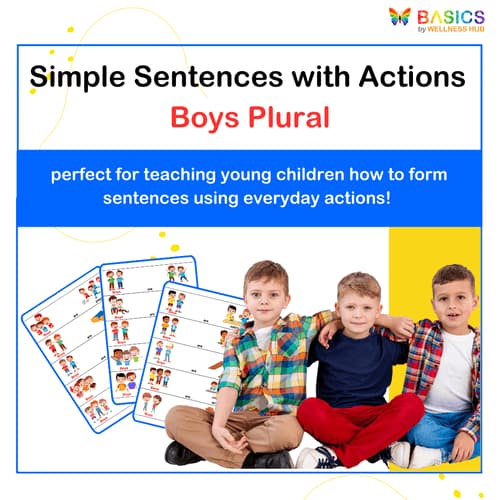
Simple Sentences with Actions: Boys Plural PDF for Kids
₹ 80.00
₹ 160.00
50% off
4.7 (60 ratings)
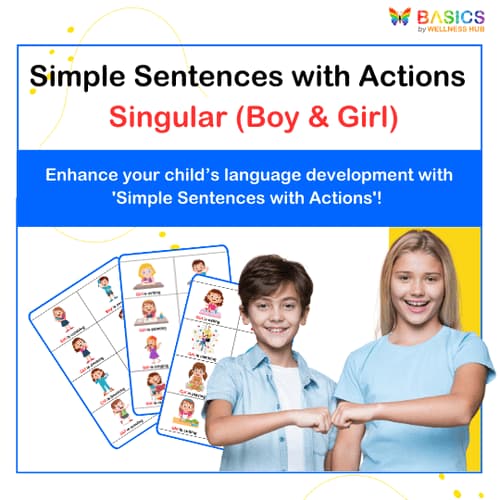
Simple Sentences with Actions: Boy and Girl Singular PDF
₹ 80.00
₹ 160.00
50% off
4.6 (56 ratings)
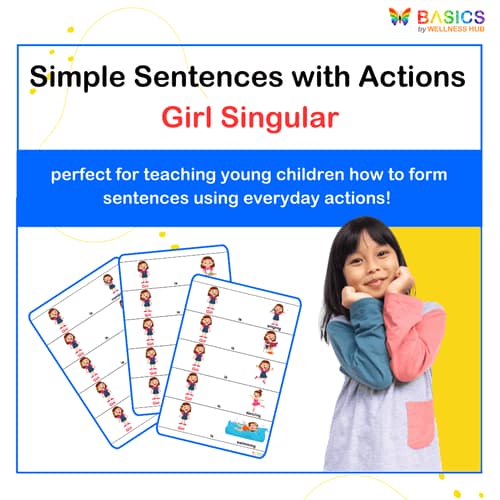
Simple Sentences with Actions: Girl Singular PDF for Kids
₹ 80.00
₹ 160.00
50% off
4.9 (52 ratings)
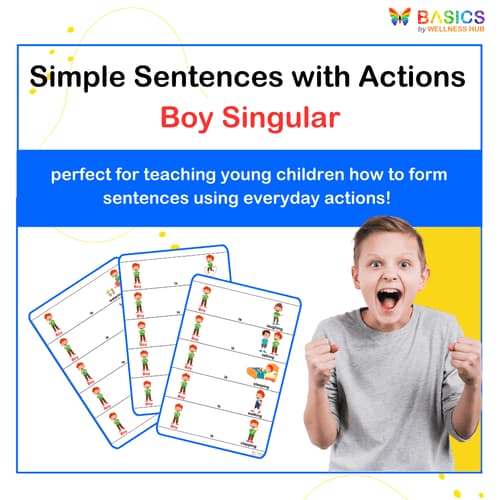
Free Simple Sentences with Actions: Boy Singular PDF for Kids
FREE
₹160
100% off
4.8 (48 ratings)
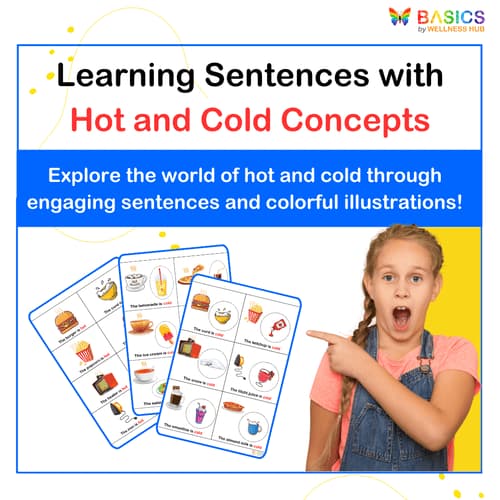
Free Learning Sentences with Hot and Cold: Illustrated PDF for Kids
FREE
₹160
100% off
4.7 (44 ratings)
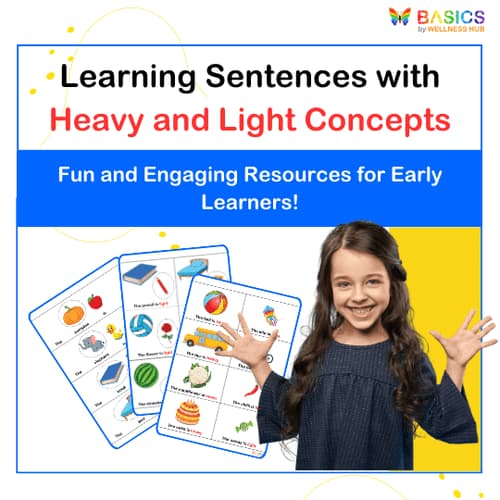
Free Learning Sentences with Heavy and Light: Illustrated PDF for Kids
FREE
₹160
100% off
4.6 (60 ratings)
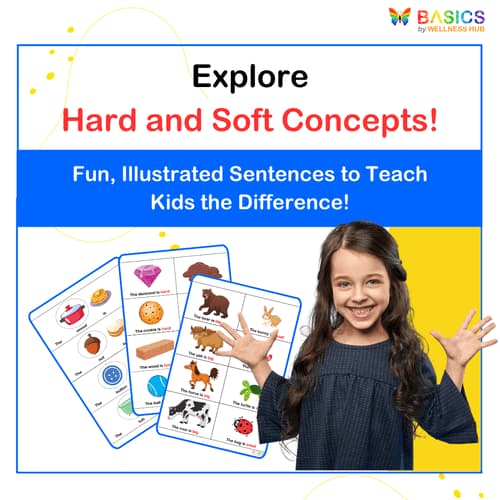
Free Learning Sentences with Hard and Soft: Illustrated PDF for Kids
FREE
₹160
100% off
4.9 (56 ratings)
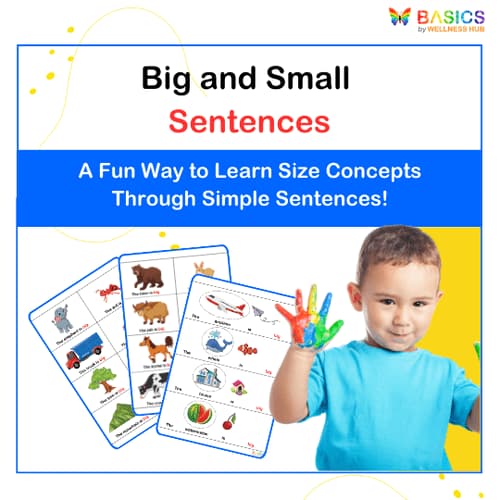
Sentences with Big and Small: Illustrated Learning PDF for Kids
₹ 80.00
₹ 160.00
50% off
4.8 (52 ratings)
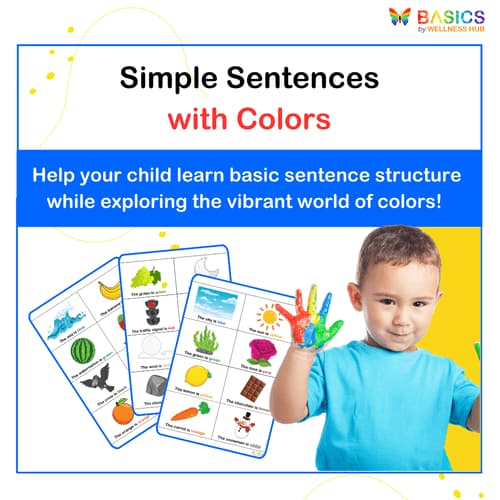
Simple Sentences on Colors: Fun Learning PDF for Kids
₹ 80.00
₹ 160.00
50% off
4.7 (48 ratings)
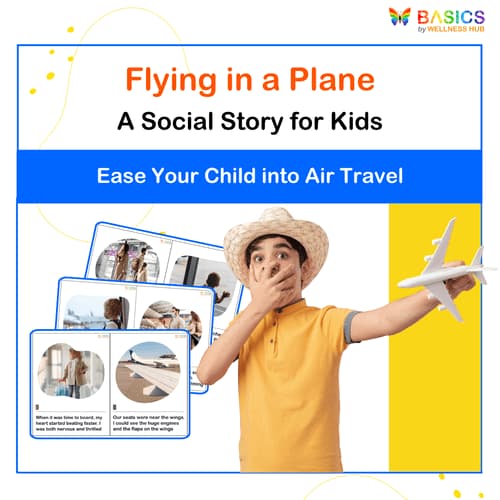
Flying in a Plane: A Social Story for Kids
₹ 80.00
₹ 160.00
50% off
4.6 (44 ratings)
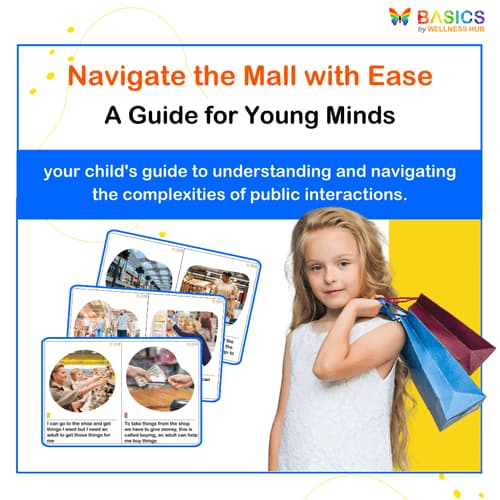
At the Mall: A Social Story for Kids
₹ 80.00
₹ 160.00
50% off
4.9 (60 ratings)
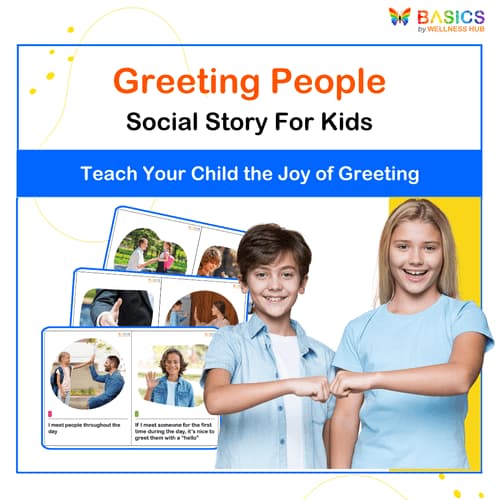
Greeting People: A Social Story for Kids
₹ 80.00
₹ 160.00
50% off
4.8 (56 ratings)
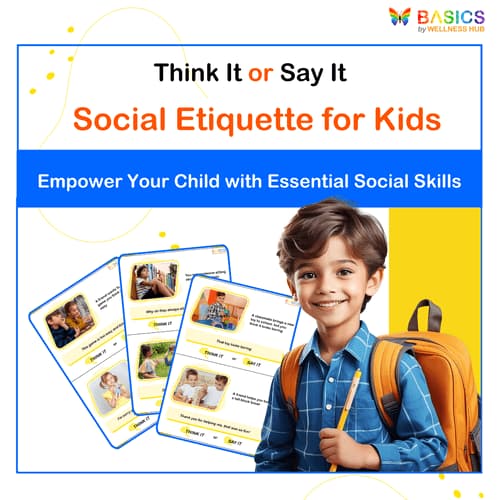
Think It or Say It: Social Etiquette for Kids
₹ 80.00
₹ 160.00
50% off
4.7 (52 ratings)
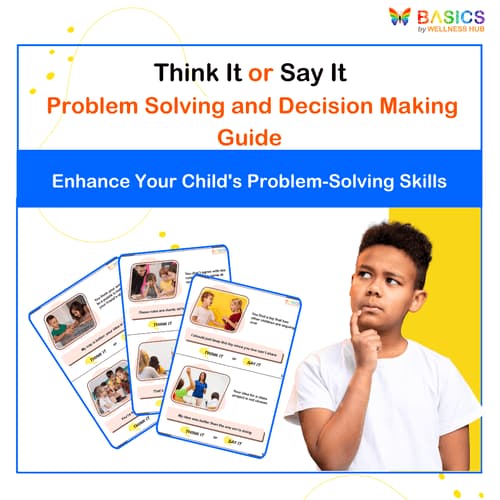
Think It or Say It: Problem-Solving Skills Guide
₹ 80.00
₹ 160.00
50% off
4.6 (48 ratings)
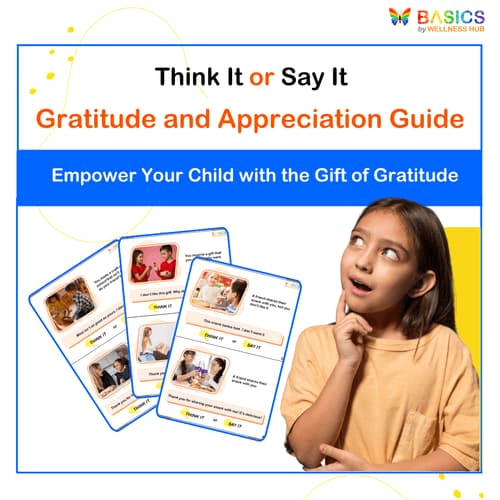
Think It or Say It: Gratitude and Appreciation Guide
₹ 80.00
₹ 160.00
50% off
4.9 (44 ratings)
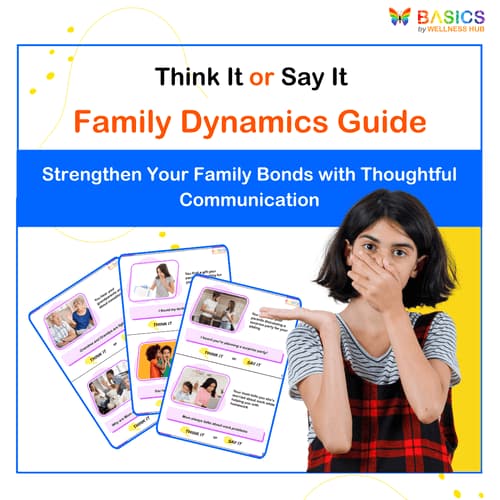
Think It or Say It: Family Dynamics Guide
₹ 80.00
₹ 160.00
50% off
4.8 (58 ratings)
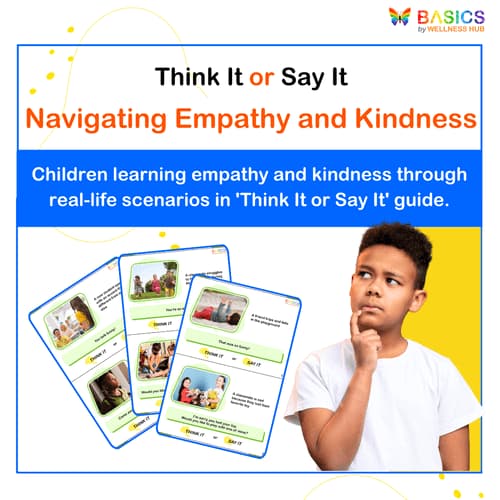
Think It or Say It: Navigating Empathy and Kindness
₹ 80.00
₹ 160.00
50% off
4.7 (54 ratings)
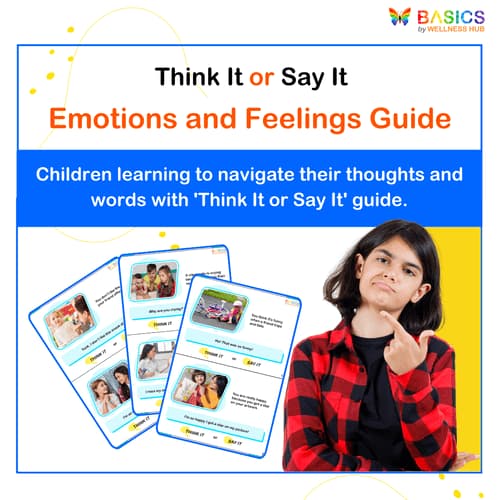
Think It or Say It: Emotions and Feelings Guide
₹ 80.00
₹ 160.00
50% off
4.6 (50 ratings)
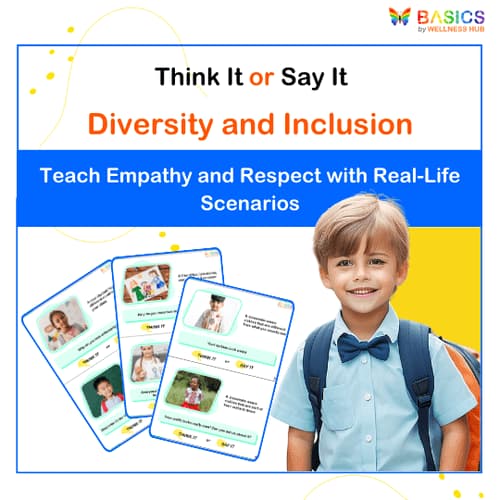
Think It or Say It: Diversity and Inclusion for Kids
₹ 80.00
₹ 160.00
50% off
4.9 (46 ratings)
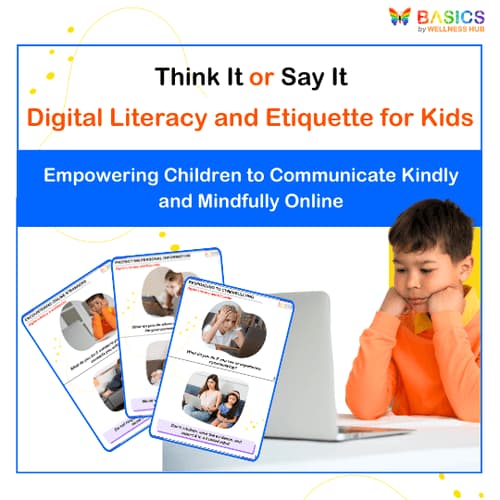
Think It or Say It: Digital Literacy and Etiquette
₹ 80.00
₹ 160.00
50% off
4.8 (42 ratings)
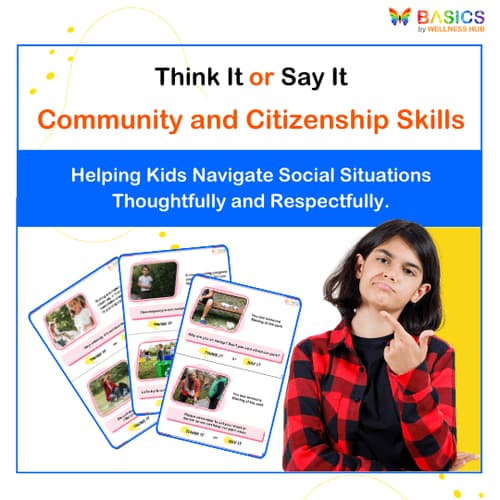
Think It or Say It: Community and Citizenship Skills
₹ 80.00
₹ 160.00
50% off
4.7 (60 ratings)
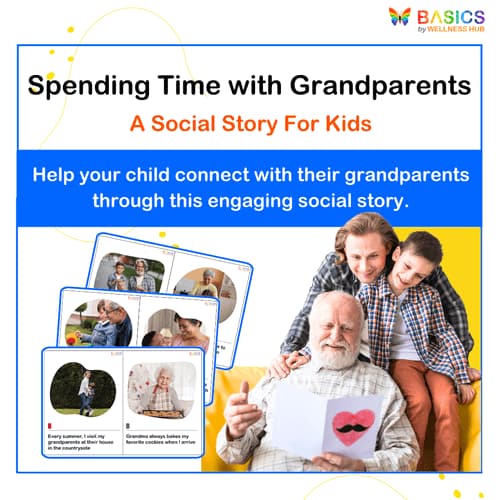
Spending Time with Grandparents: A Social Story for Kids
₹ 80.00
₹ 160.00
50% off
4.6 (56 ratings)
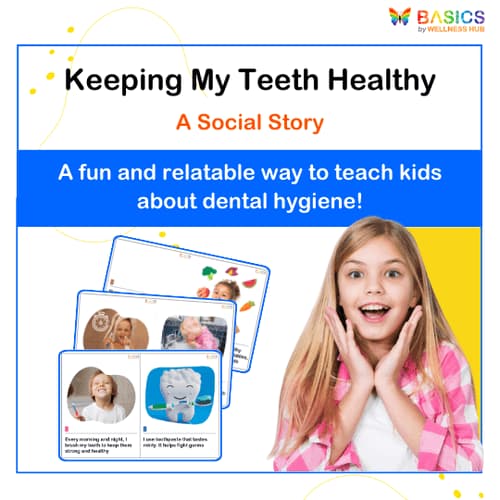
Keeping My Teeth Healthy: A Social Story for Kids
₹ 80.00
₹ 160.00
50% off
4.9 (52 ratings)
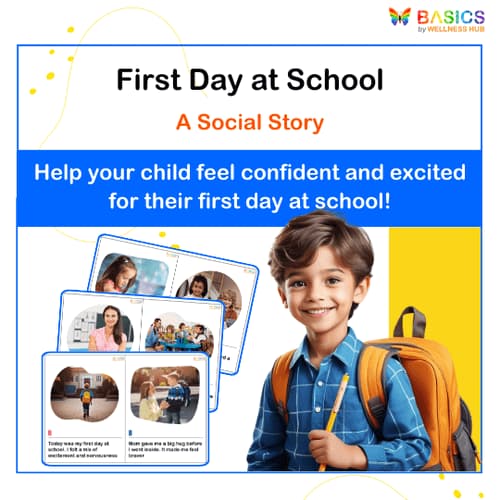
First Day at School Social Story
₹ 80.00
₹ 160.00
50% off
4.8 (48 ratings)
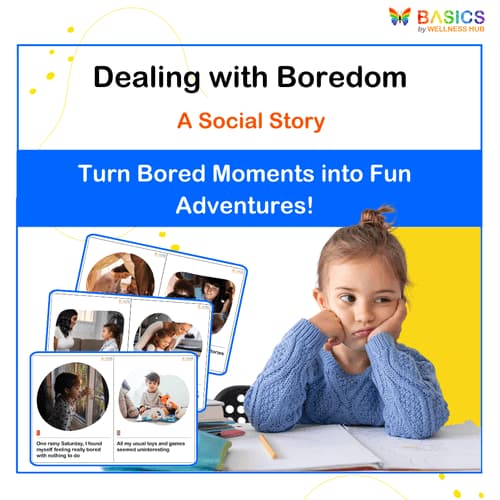
Dealing with Boredom: A Social Story for Kids
₹ 80.00
₹ 160.00
50% off
4.7 (44 ratings)
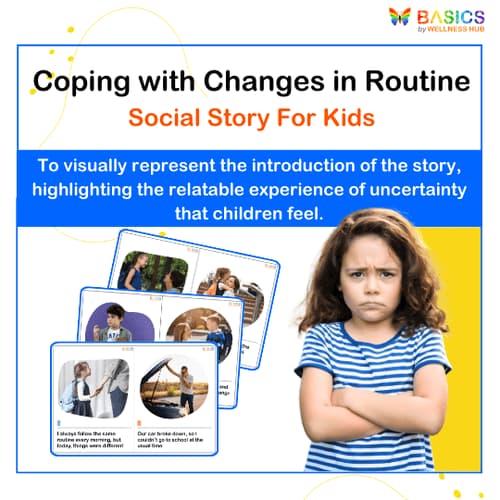
Coping with Changes in Routine: Social Story for Kids
₹ 80.00
₹ 160.00
50% off
4.6 (58 ratings)
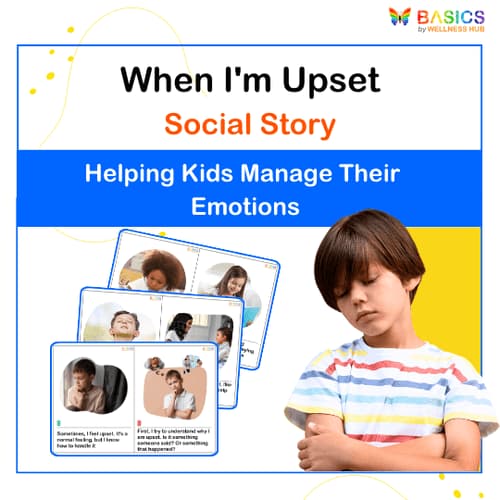
When I'm Upset: A Social Story for Managing Feelings
₹ 80.00
₹ 160.00
50% off
4.9 (54 ratings)
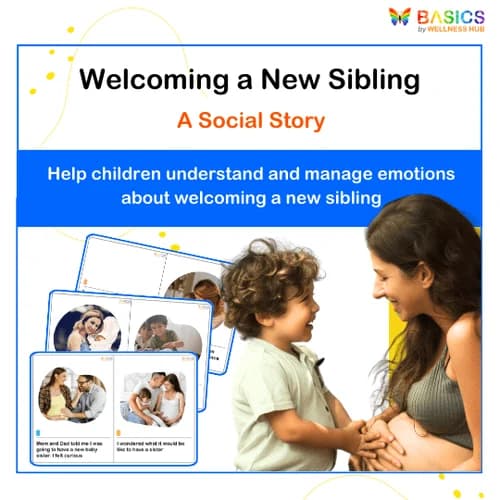
Welcoming a New Sibling: A Social Story for Kids
₹ 80.00
₹ 160.00
50% off
4.8 (50 ratings)
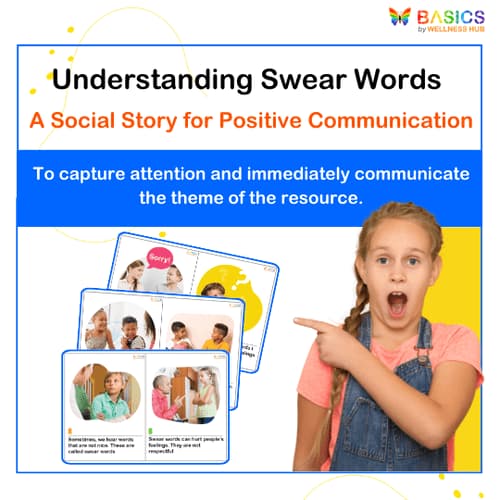
Understanding Swear Words: A Social Story for Kids
₹ 80.00
₹ 160.00
50% off
4.9 (48 ratings)
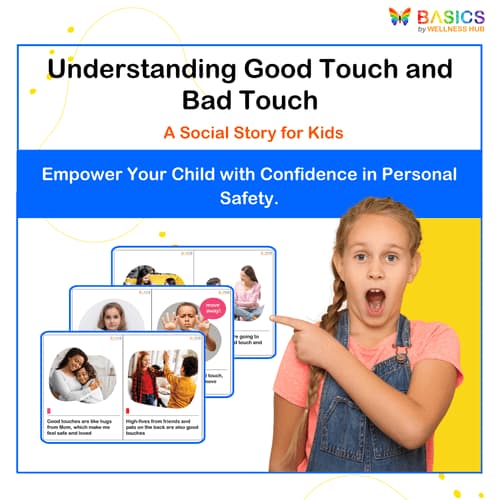
Understanding Good Touch and Bad Touch - A Child Safety Social Story
₹ 80.00
₹ 160.00
50% off
4.7 (46 ratings)
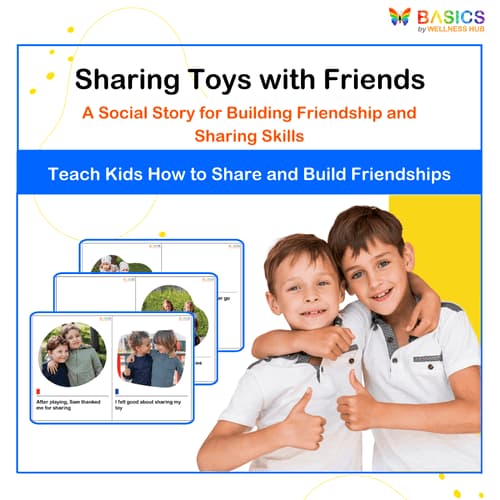
Sharing Toys with Friends: Social Story for Kids
₹ 80.00
₹ 160.00
50% off
4.6 (42 ratings)
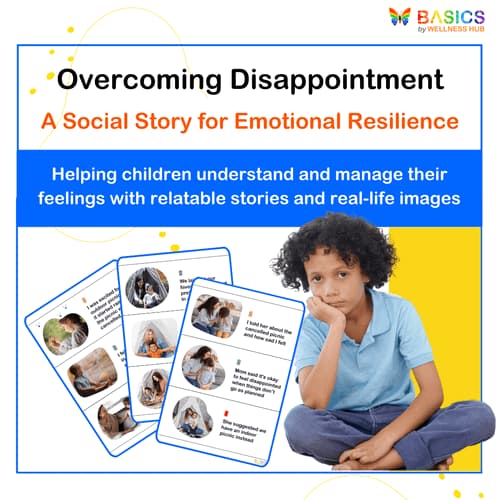
Overcoming Disappointment: A Social Story for Kids
₹ 80.00
₹ 160.00
50% off
4.9 (56 ratings)
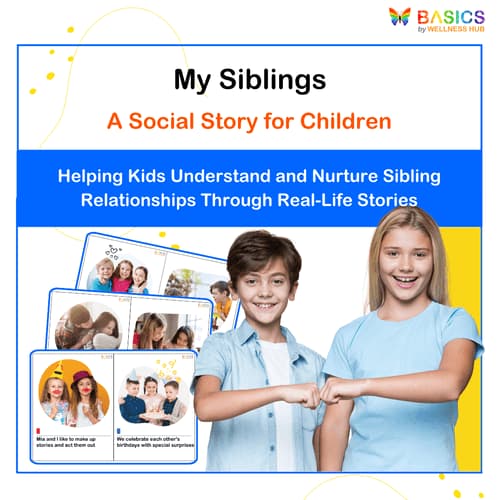
My Siblings: Understanding and Caring for Each Other
₹ 80.00
₹ 160.00
50% off
4.8 (52 ratings)
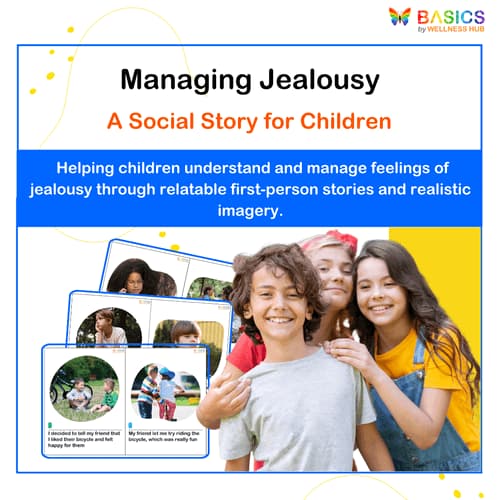
Managing Jealousy - A Social Story for Kids
₹ 80.00
₹ 160.00
50% off
4.7 (48 ratings)
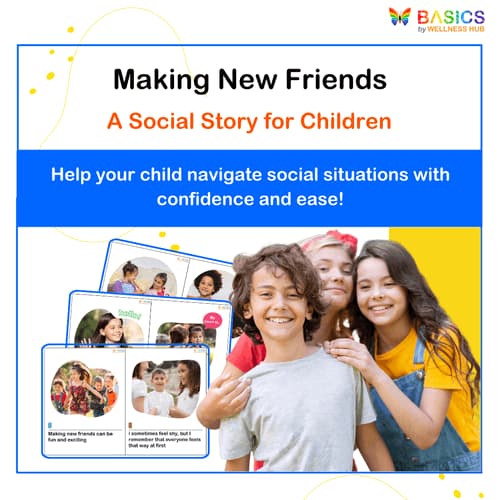
Making New Friends: Social Story for Kids
₹ 80.00
₹ 160.00
50% off
4.6 (44 ratings)
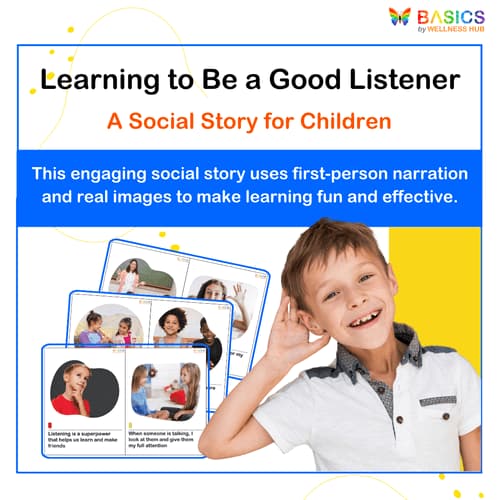
Learning to Be a Good Listener: Social Story for Kids
₹ 80.00
₹ 160.00
50% off
4.9 (58 ratings)
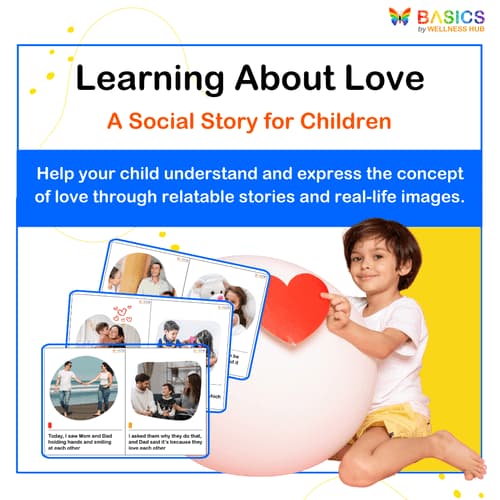
Learning About Love - A Social Story for Kids
₹ 80.00
₹ 160.00
50% off
4.8 (54 ratings)
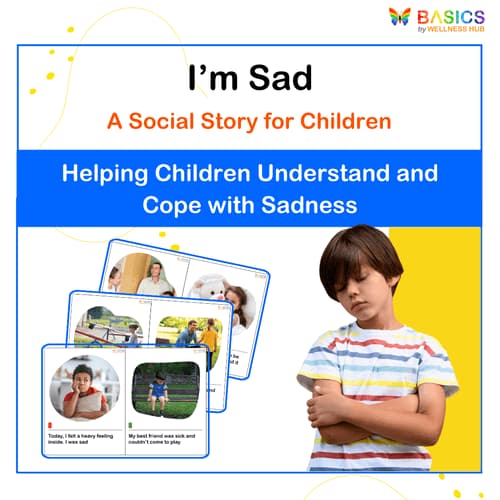
I’m Sad - A Social Story for Kids Helping children understand and cope with feelings of sadness.
₹ 80.00
₹ 160.00
50% off
4.7 (50 ratings)
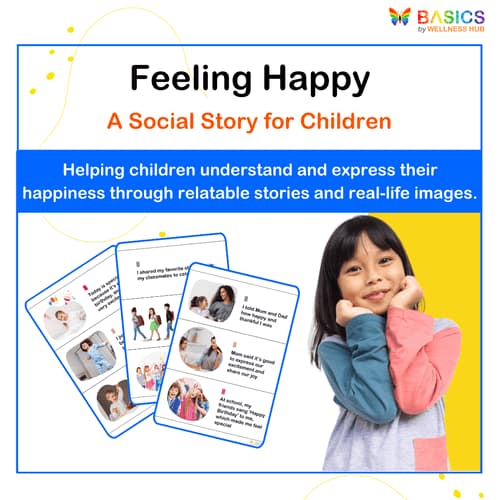
Feeling Happy Social Story for Kids
₹ 80.00
₹ 160.00
50% off
4.6 (46 ratings)
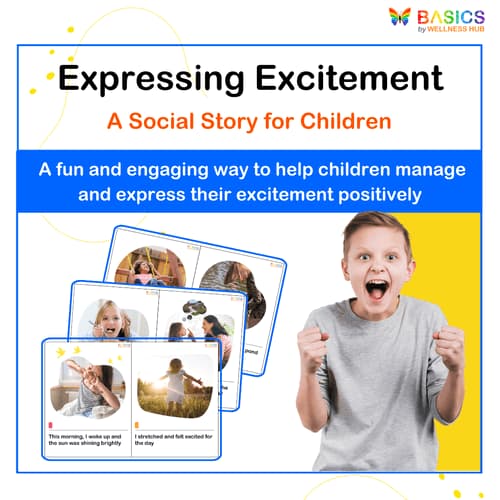
Expressing Excitement: A Social Story for Kids
₹ 80.00
₹ 160.00
50% off
4.9 (42 ratings)
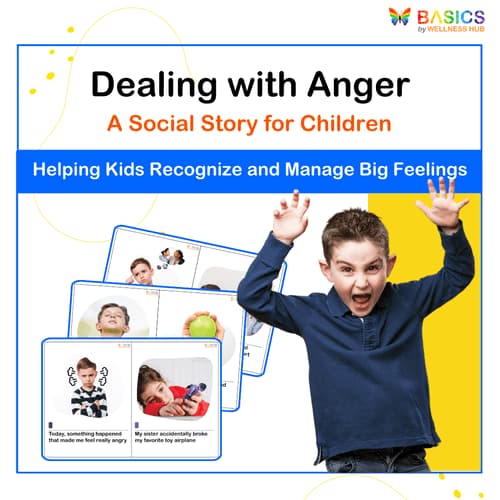
Dealing with Anger: A Social Story for Children
₹ 80.00
₹ 160.00
50% off
4.8 (56 ratings)
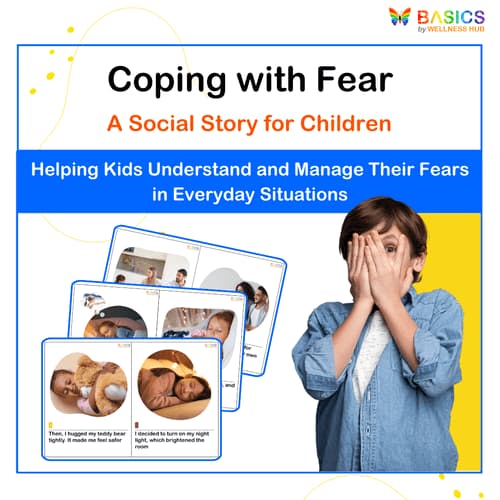
Coping with Fear: A Social Story for Children
₹ 80.00
₹ 160.00
50% off
4.7 (52 ratings)
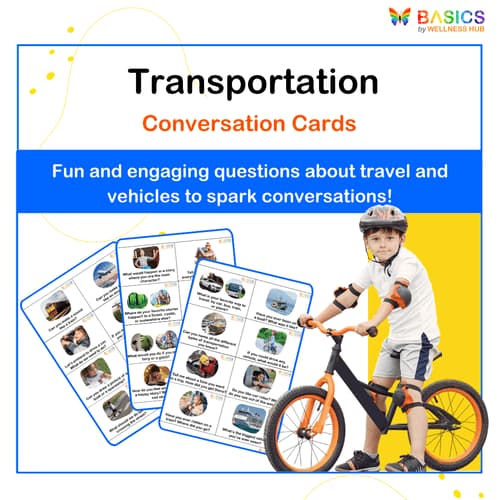
Conversation Cards - Transportation: Engage Kids with Fun Travel-Themed Questions
₹ 80.00
₹ 160.00
50% off
4.6 (48 ratings)
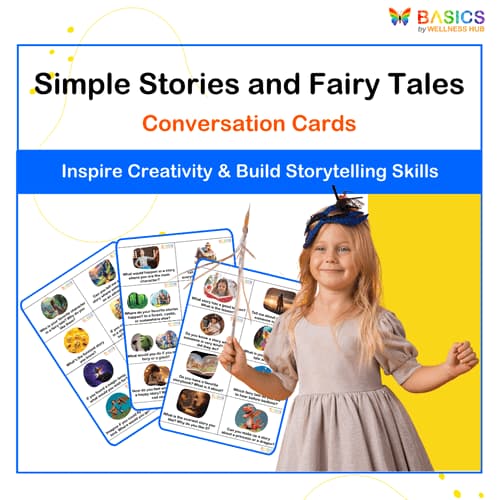
Conversation Cards - Simple Stories and Fairy Tales: Encouraging Imaginative Thinking and Storytelling
₹ 80.00
₹ 160.00
50% off
4.8 (44 ratings)
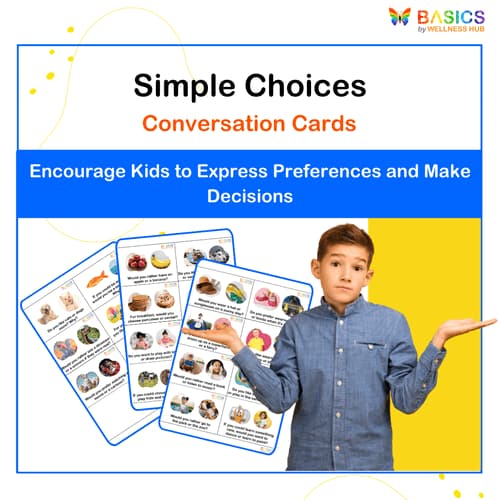
Conversation Cards - Simple Choices: Easy and Fun Decisions for Kids Encourage Thoughtful Choices with Fun and Relatable Scenarios
₹ 80.00
₹ 160.00
50% off
4.8 (56 ratings)
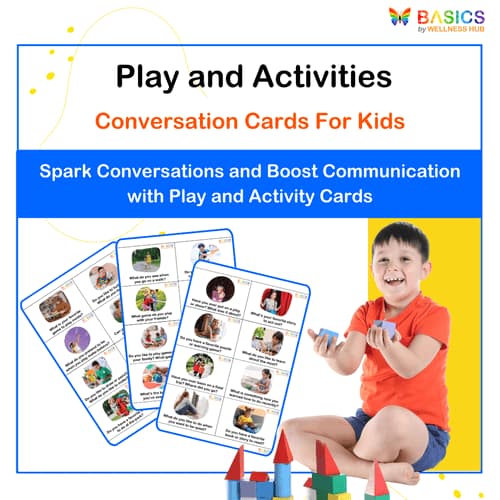
Conversation Cards - Play and Activities
₹ 80.00
₹ 160.00
50% off
4.7 (52 ratings)
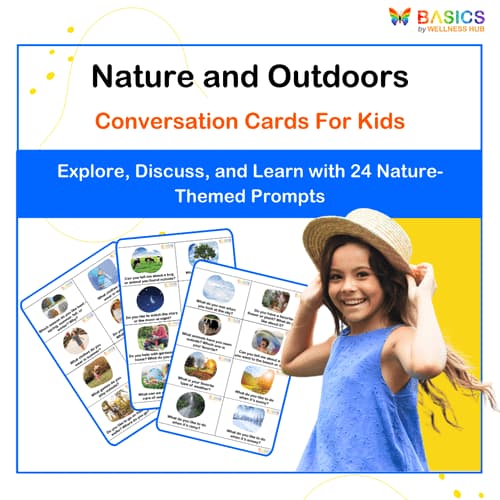
Conversation Cards - Nature and Outdoors: Questions for Outdoor Exploration
₹ 80.00
₹ 160.00
50% off
4.6 (48 ratings)
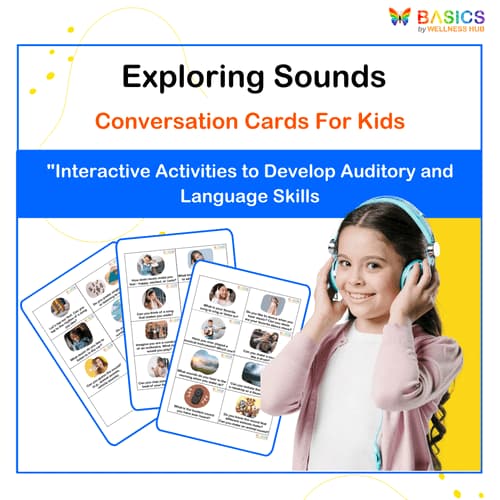
Exploring Sounds: Conversation Cards for Kids
₹ 80.00
₹ 160.00
50% off
4.9 (44 ratings)
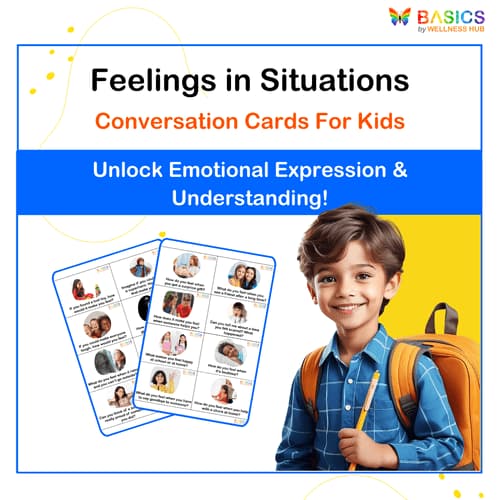
Feelings in Situations: Conversation Cards for Kids
₹ 80.00
₹ 160.00
50% off
4.8 (58 ratings)
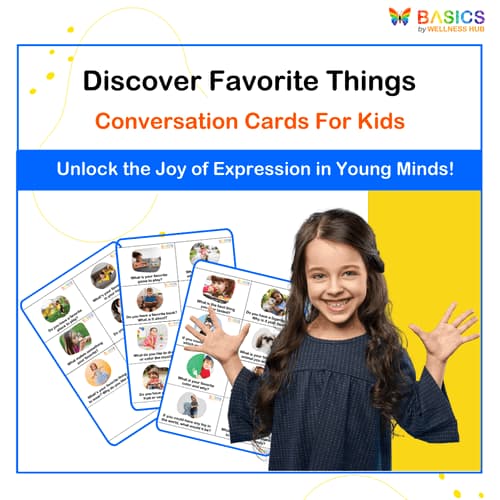
Favorite Things: Conversation Cards for Kids Explore Interests and Favorites!
₹ 80.00
₹ 160.00
50% off
4.7 (54 ratings)
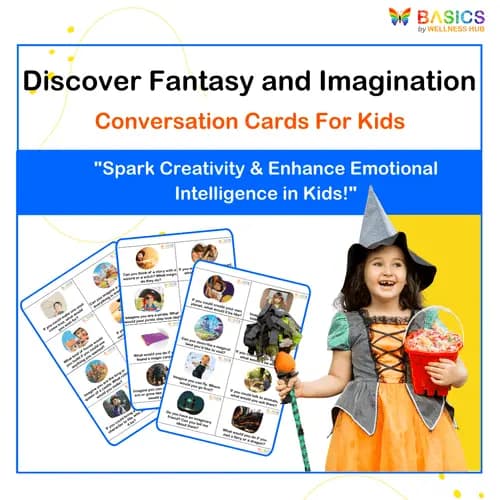
Fantasy and Imagination: Conversation Cards for Kids Unleash Creativity and Dream Big!
₹ 80.00
₹ 160.00
50% off
4.6 (50 ratings)
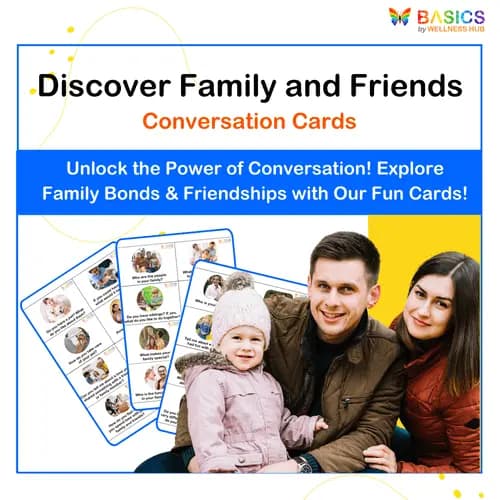
Family and Friends: Conversation Cards for Kids Explore Bonds, Traditions, and Fun!
₹ 80.00
₹ 160.00
50% off
4.9 (46 ratings)
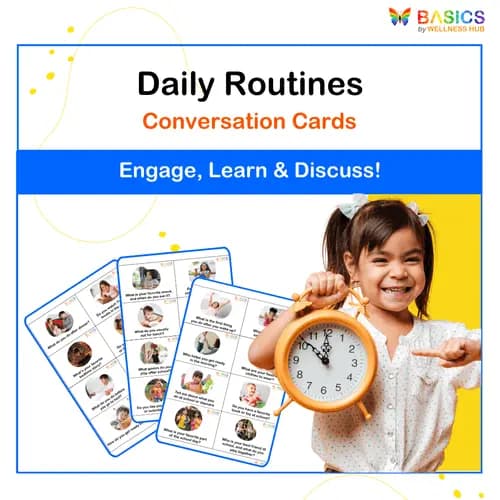
Daily Routines: Conversation Cards for Kids Explore Everyday Activities with Fun Questions
₹ 80.00
₹ 160.00
50% off
4.8 (42 ratings)
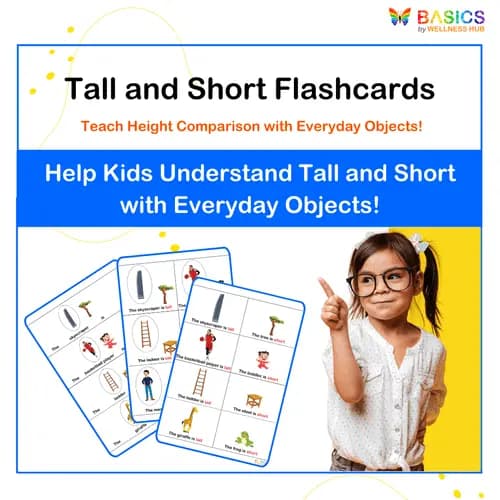
Tall and Short Flashcards: Teach Height Comparison with Everyday Objects
₹ 80.00
₹ 160.00
50% off
4.7 (56 ratings)
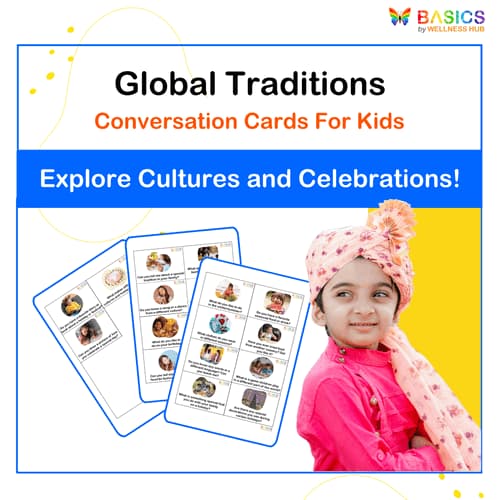
Global Traditions: Conversation Cards for Kids Explore Cultures and Holidays Through Fun Questions
₹ 80.00
₹ 160.00
50% off
4.6 (52 ratings)
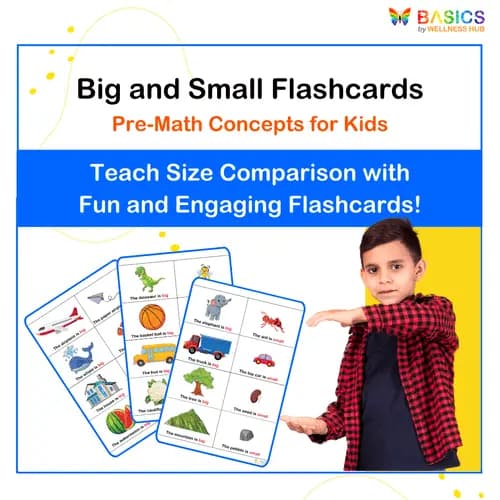
Big and Small Flashcards: Pre-Math Concepts for Kids
₹ 80.00
₹ 160.00
50% off
4.9 (48 ratings)
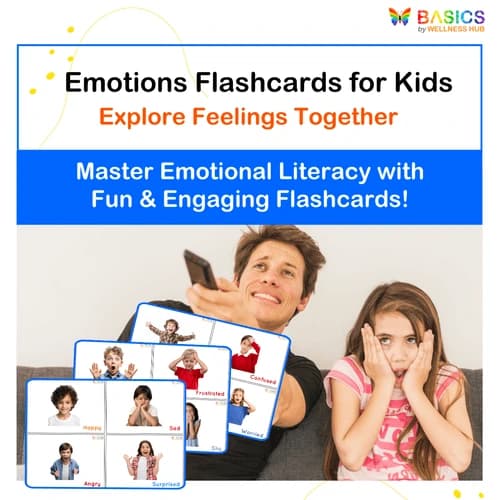
Emotions Flashcards for Kids: Free Printable PDF
FREE
₹160
100% off
4.8 (44 ratings)
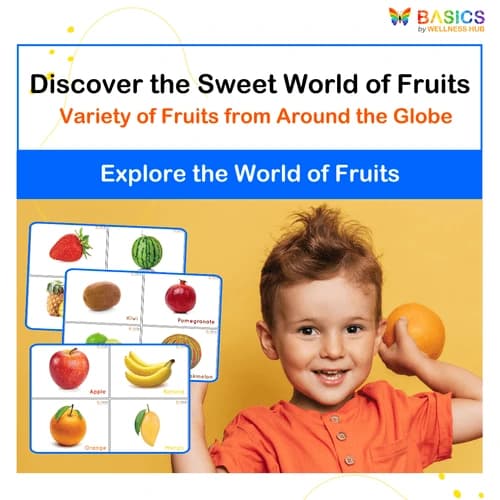
Fruits Flashcards for Kids: Free Printable PDF
FREE
₹160
100% off
4.7 (58 ratings)
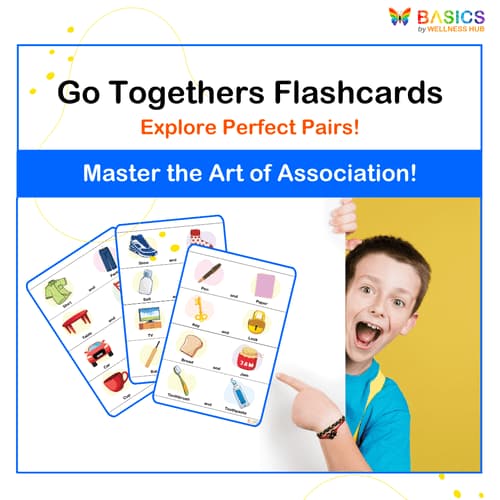
Go Togethers Flashcards: Perfect Pairs for Learning
₹ 80.00
₹ 160.00
50% off
4.6 (54 ratings)

Indian Cuisine Flashcards for Kids: Free Printable PDF
₹ 80.00
₹ 160.00
50% off
4.9 (50 ratings)
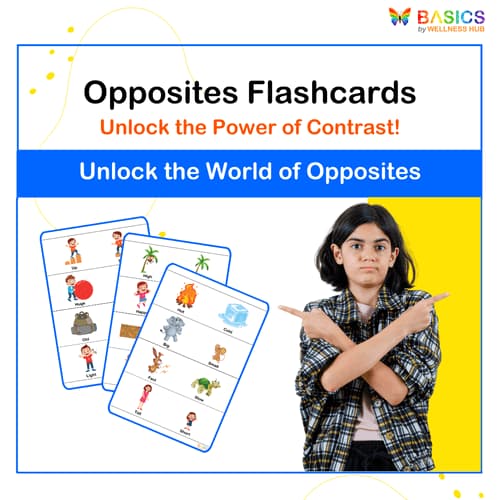
Opposites Flashcards: Learn & Discover Duality
₹ 80.00
₹ 160.00
50% off
4.8 (46 ratings)
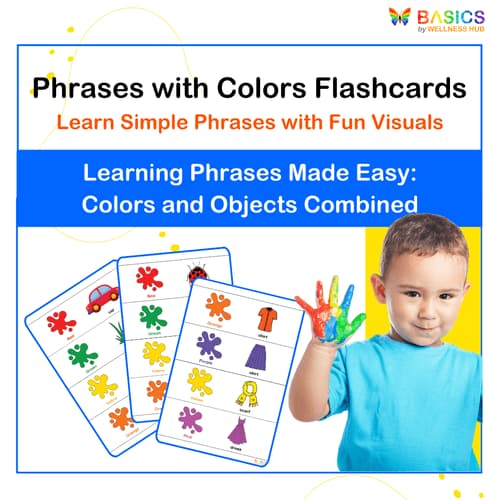
Phrases with Colors Flashcards: Learn Phrases Using Colors and Objects
₹ 200.00
₹ 400.00
50% off
4.7 (42 ratings)
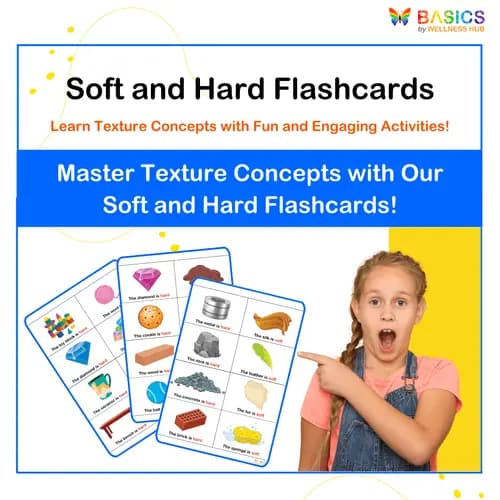
Soft and Hard Flashcards: Learn Texture Concepts with Everyday Objects
₹ 80.00
₹ 160.00
50% off
4.6 (58 ratings)
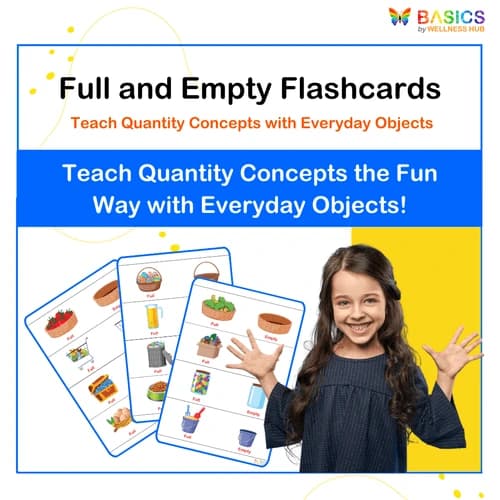
Full and Empty Flashcards: Teach Quantity Concepts with Everyday Objects
₹ 80.00
₹ 160.00
50% off
4.9 (54 ratings)
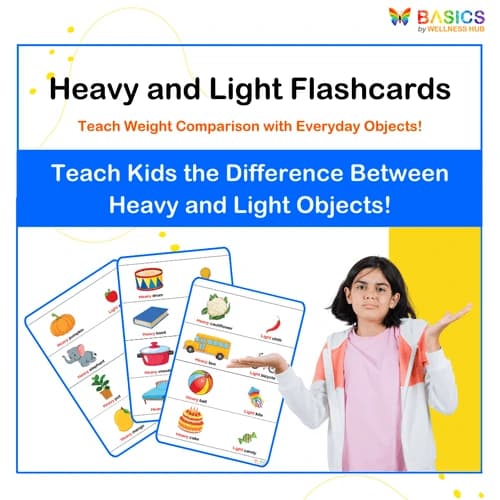
Heavy and Light Flashcards: Teach Weight Comparison with Everyday Objects
₹ 80.00
₹ 160.00
50% off
4.8 (50 ratings)
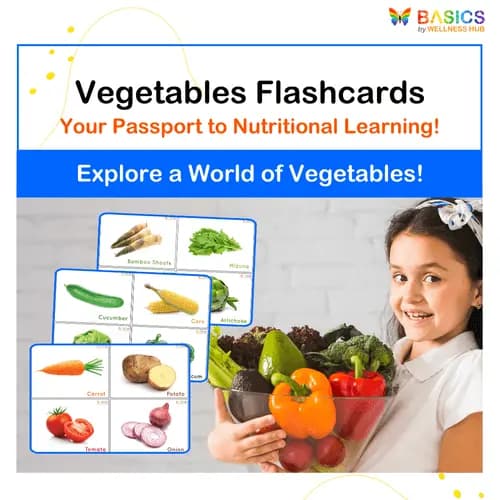
Vegetables Flashcards for Kids: Free Printable PDF
FREE
₹160
100% off
4.7 (46 ratings)
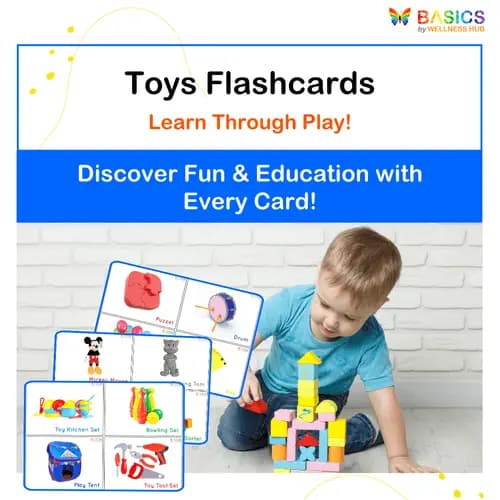
Toys Flashcards for Kids: Free Printable PDF
FREE
₹160
100% off
4.6 (42 ratings)

Wild Animals Flashcards for Kids: Free Printable PDF
FREE
₹160
100% off
4.6 (45 ratings)
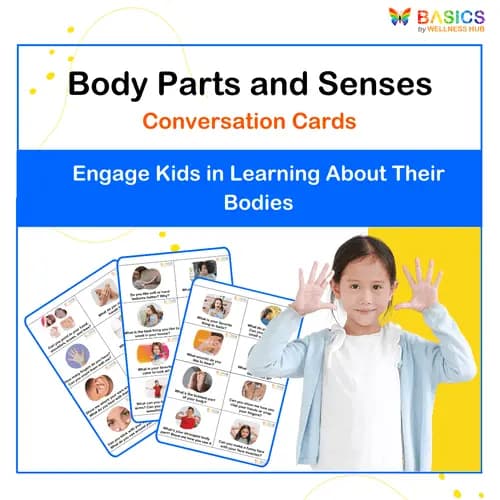
Conversation Cards - Body Parts and Senses: Engage Kids in Learning About Their Bodies
₹ 80.00
₹ 160.00
50% off
4.8 (36 ratings)
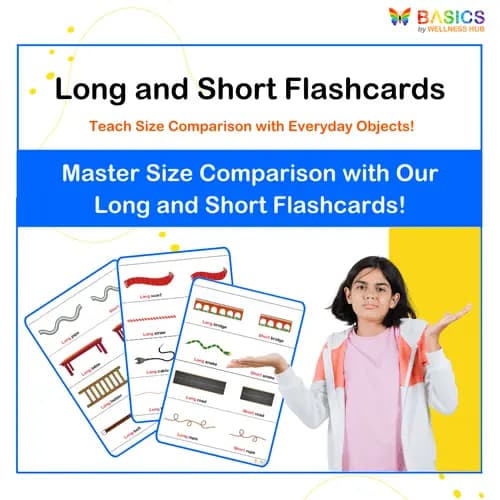
Long and Short Flashcards: Teach Size Comparison with Everyday Objects
₹ 80.00
₹ 160.00
50% off
4.9 (47 ratings)
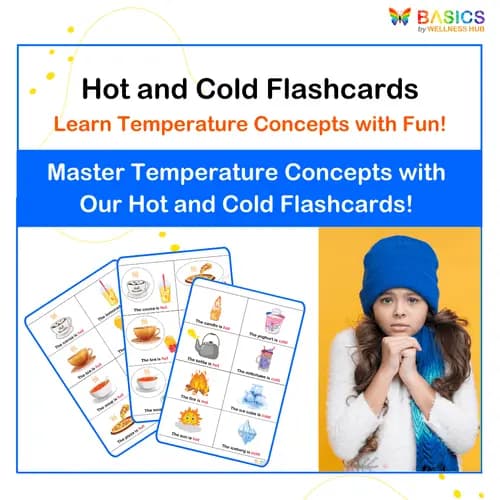
Hot and Cold Flashcards: Learn Temperature Concepts with Objects
₹ 80.00
₹ 160.00
50% off
4.8 (44 ratings)
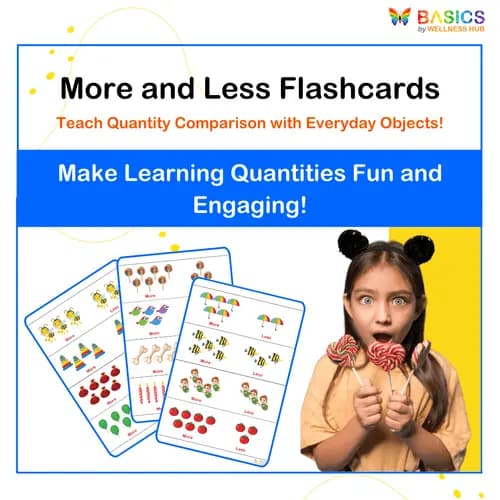
More and Less Flashcards: Teach Quantity Comparison with Everyday Objects
₹ 80.00
₹ 160.00
50% off
4.7 (56 ratings)
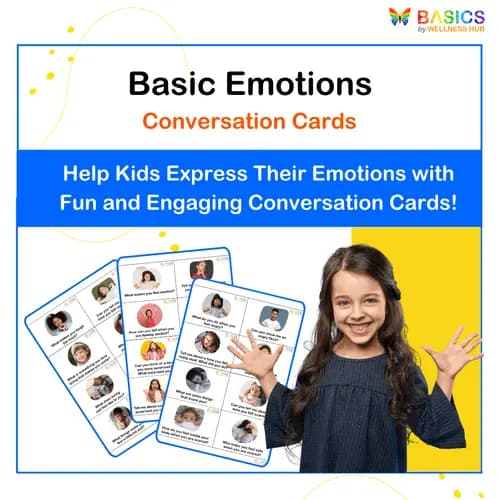
Conversation Cards - Basic Emotions: Questions to Help Kids Express Feelings
₹ 80.00
₹ 160.00
50% off
4.6 (52 ratings)
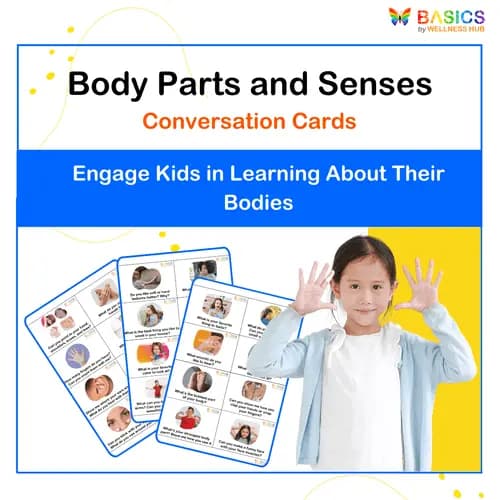
Body Parts Flashcards for Kids: Free Learning PDF
FREE
₹160
100% off
4.9 (48 ratings)
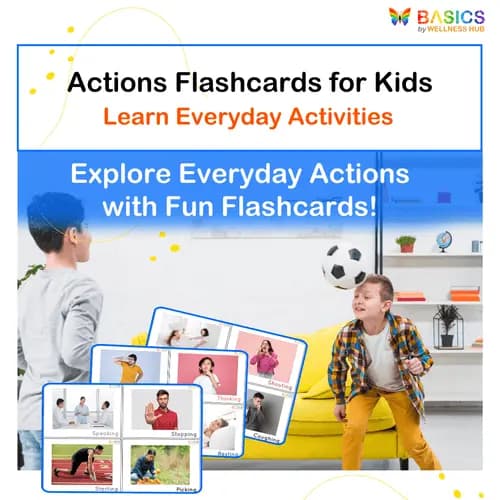
Action Flashcards for Kids: Learn Everyday Activities
₹ 80.00
₹ 160.00
50% off
4.8 (44 ratings)
Real Parent Success Stories – How Speech and Language Resources for Kids Resources Help Kids Thrive
Our speech and language resources for kids make learning fun and effective! Designed for families and therapists, these tools support speech therapy at home, helping children improve articulation, expand vocabulary, and build confidence in communication. See how our resources are making a difference—empowering kids and giving parents the tools to support their child’s speech development with ease!
These flashcards have been a game-changer! My son is more engaged in learning and now knows all the basic colors and shapes. We use them every day, and he’s gaining so much confidence.
Sarah, Parent
These testimonials reflect how our resources make speech and language learning accessible and effective, empowering children and giving parents the confidence to support their growth.
Detailed Description
Introduction to Speech and Language Development
Strong speech and language skills are essential for a child’s communication, social interaction, and cognitive growth. Early language development helps children express thoughts, improve articulation, and understand others, laying the foundation for success in school and daily life. Our speech and language resources for kids support home-based speech therapy, helping parents and caregivers enhance vocabulary, pronunciation, and communication skills. Whether your child needs help with speech delay, articulation practice, or language expansion, our structured and engaging tools make speech therapy at home both effective and fun. With the right speech therapy flashcards, conversation cards, and interactive learning materials, children build lifelong communication skills while enjoying the learning process.
How Speech and Language Therapy Tools Improve Kids' Communication Skills at Home
Our speech and language therapy resources are designed to make language development engaging, accessible, and effective for kids. Whether your child is working on articulation, vocabulary building, or social communication, these tools provide structured learning through play-based speech therapy activities.
- Speech Therapy Flashcards introduce core vocabulary words and strengthen word associations through visual cues.
- Conversation Cards for Kids encourage expressive language, sentence-building, and critical thinking skills.
- Social Stories help children understand social interactions, emotional regulation, and communication norms through relatable, real-life scenarios.
Perfect for home speech therapy practice, these resources support language growth, early speech development, and communication milestones, making learning fun and interactive.
Types of Speech and Language Resources We Offer
Speech Therapy Flashcards – Build Vocabulary & Language Skills
Our speech therapy flashcards introduce essential vocabulary-building activities with vibrant visuals. Covering themes like Body Parts, Household Objects, Animals, and Emotions, these language learning tools help children associate words with images, enhancing word recognition, articulation, and memory retention. Flashcards are ideal for early speech development, making learning fun, interactive, and engaging for kids.
Conversation Cards – Enhance Communication & Critical Thinking
Our conversation starter cards encourage children to express themselves, ask questions, and build confidence in communication. Covering topics like Family, Favorite Things, and Nature, these speech and language conversation prompts support language expansion, creativity, and problem-solving skills. Perfect for parents and speech therapists, they help children develop social communication skills through engaging and meaningful discussions.
Social Stories – Improve Social Skills & Emotional Understanding
Our social-emotional learning stories teach children how to navigate real-life situations, covering themes like Managing Anger, Making New Friends, and Understanding Personal Space. These speech and language therapy resources help children develop emotional intelligence, empathy, and appropriate social responses. Social stories are excellent for children with speech delays, autism, or communication challenges, helping them practice positive behaviors in various social settings.
Who Can Benefit from Speech and Language Resources?
Looking for speech therapy tools for kids? Our expert-designed speech and language therapy resources make home speech therapy engaging and effective. Whether your child needs help with articulation exercises, vocabulary expansion, or social communication skills, these structured, play-based learning tools provide interactive, fun speech therapy activities for kids!
- Parents: Use our home speech therapy tools to help children practice articulation, expand vocabulary, and strengthen communication skills through daily routines and interactive play.
- Speech Therapists: These speech and language resources for kids provide goal-oriented, structured learning activities that make speech therapy sessions engaging and effective.
- Educators: Enhance early childhood language development with speech therapy flashcards, conversation prompts, and interactive learning materials to foster communication and social skills in the classroom.
Designed by experts in speech therapy and child development, these versatile language learning resources ensure that every child receives the support they need to build strong communication skills—whether at home, in therapy, or in school.
Benefits of Speech and Language Development Activities at Home
Providing speech and language development activities at home creates a comfortable learning environment for children while reinforcing essential communication skills. These home speech therapy resources are especially helpful for kids with speech delays, autism, ADHD, and language processing challenges, offering structured opportunities for repetition, articulation practice, and hands-on learning.
Using speech therapy flashcards, conversation prompts, and interactive social stories, parents can establish consistent speech routines that make learning engaging and effective. By integrating these language-building activities into daily life, parents become active participants in their child’s speech and language development journey, fostering stronger communication skills from an early age.
These at-home speech therapy resources help children practice language skills naturally, promoting confidence, cognitive growth, and verbal fluency.
Tips for Using Speech and Language Resources Effectively
Maximize the benefits of speech and language resources for kids by making learning interactive, engaging, and fun. These speech therapy strategies help improve articulation, vocabulary, and communication skills at home.
Make Learning Interactive
Encourage active participation by asking questions and using speech therapy flashcards creatively. For example, let your child describe images, make up stories, or play a "guess the word" game to strengthen language skills.
Reinforce Learning with Repetition
Consistent exposure to new words is key for language development. Use conversation cards, articulation exercises, and storytelling prompts regularly to improve word recognition, speech clarity, and retention.
Incorporate Play-Based Learning
Turn speech practice into a fun language-learning game! Hide flashcards around the house and have your child find and name them, or act out scenarios using social stories to improve speech fluency.
Use Everyday Conversations for Speech Practice
Enhance your child’s communication skills by integrating speech therapy techniques into daily routines. Talk about colors while dressing, discuss foods during mealtime, or describe objects during a nature walk.
Celebrate Every Milestone
Positive reinforcement is essential for speech and language progress. Praise small achievements, use reward charts, and encourage confidence-building activities to keep your child motivated.
By applying these speech and language therapy strategies, parents can support early speech development and create a stress-free, engaging learning environment at home.
Real-Life Success: How Our Speech and Language Resources Support Child Development
Our speech and language resources for kids are designed for practical, real-world learning, making it easy for parents and therapists to support speech therapy at home. These tools help with vocabulary building, social skills, and emotional development through interactive methods. Here are some real-life applications:
Expanding Vocabulary with Flashcards
Using Body Parts Flashcards, parents can teach essential vocabulary by asking engaging questions like, "Where is your nose?" or "Can you point to your eyes?" This technique enhances word association, articulation, and visual learning, which is essential for early speech development.
Boosting Communication with Conversation Cards
A therapist working on language development for kids can use Family and Friends Conversation Cards to encourage storytelling and social interaction. Questions like "Who do you like to play with?" or "What’s a fun activity you do with your family?" help children practice sentence formation and expressive language skills.
Enhancing Emotional Awareness with Social Stories
Children struggling with emotional regulation can benefit from Dealing with Anger Social Story. This resource teaches emotional intelligence, coping strategies, and self-expression, guiding children on managing emotions in real-life situations.
Strengthening Everyday Vocabulary Recognition
The Household Items Flashcards help children connect words to their environment. Parents can point to real objects and match them with flashcards, reinforcing practical language skills and word retention.
Why Our Speech Therapy Resources Work for Kids
These interactive learning tools support language development, articulation, and social-emotional learning, making them ideal for home therapy and professional speech therapy sessions. Whether you're a parent helping a child with speech delays or a therapist guiding communication skills, our resources make speech and language learning engaging and effective.
FAQs
Q1: How do I start using these resources with my child?
A1: Start by choosing a resource that matches your child’s current level and interests, such as flashcards for vocabulary or social stories for emotional awareness. Use the resource in short, consistent sessions to build familiarity and confidence.
Q2: Which resources are best for vocabulary building?
A2: Our flashcards are ideal for vocabulary building as they provide visual cues, making it easier for children to connect words with objects. Conversation cards also help by encouraging children to describe their thoughts and experiences.
Q3: How often should I use these activities?
A3: Consistency is key! Daily or regular practice, even for just 10–15 minutes, can make a big difference. Tailor the frequency to your child’s interest and focus level, gradually increasing as they become more comfortable with each resource.
Q4: Can these resources support children with special needs?
A4: Yes, these resources are designed with all children in mind, including those with developmental needs such as autism, ADHD, and speech delay. Each resource offers structured support to help children progress at their own pace and enjoy learning in a way that feels manageable and engaging.
Related Topics and Speech & Language Learning Resources for Parents
For parents seeking expert guidance on speech and language development, our BASICS app offers comprehensive courses and home therapy resources to enhance children's communication skills.
Foundational Language Development – Build Early Communication Skills
Learn the fundamentals of language development, including early vocabulary building, sentence formation, and expressive communication techniques to help children develop strong speech and language foundations.
Understanding Autism and Speech Development – Communication Strategies for Kids
Discover how speech and language development differs for children with autism and explore expert-backed communication strategies, language growth activities, and autism-friendly speech therapy techniques to support your child's progress.
Joint Attention and Social Interaction – Key Skills for Language Learning
Improve your child’s social communication skills with resources focused on joint attention, turn-taking, and interactive language activities that foster better speech development and stronger interpersonal connections.
Articulation and Pronunciation – Speech Therapy Tips for Clear Communication
Access speech therapy exercises and articulation activities designed to help children pronounce words clearly, improve phonemic awareness, and enhance speech clarity through structured home speech therapy techniques.